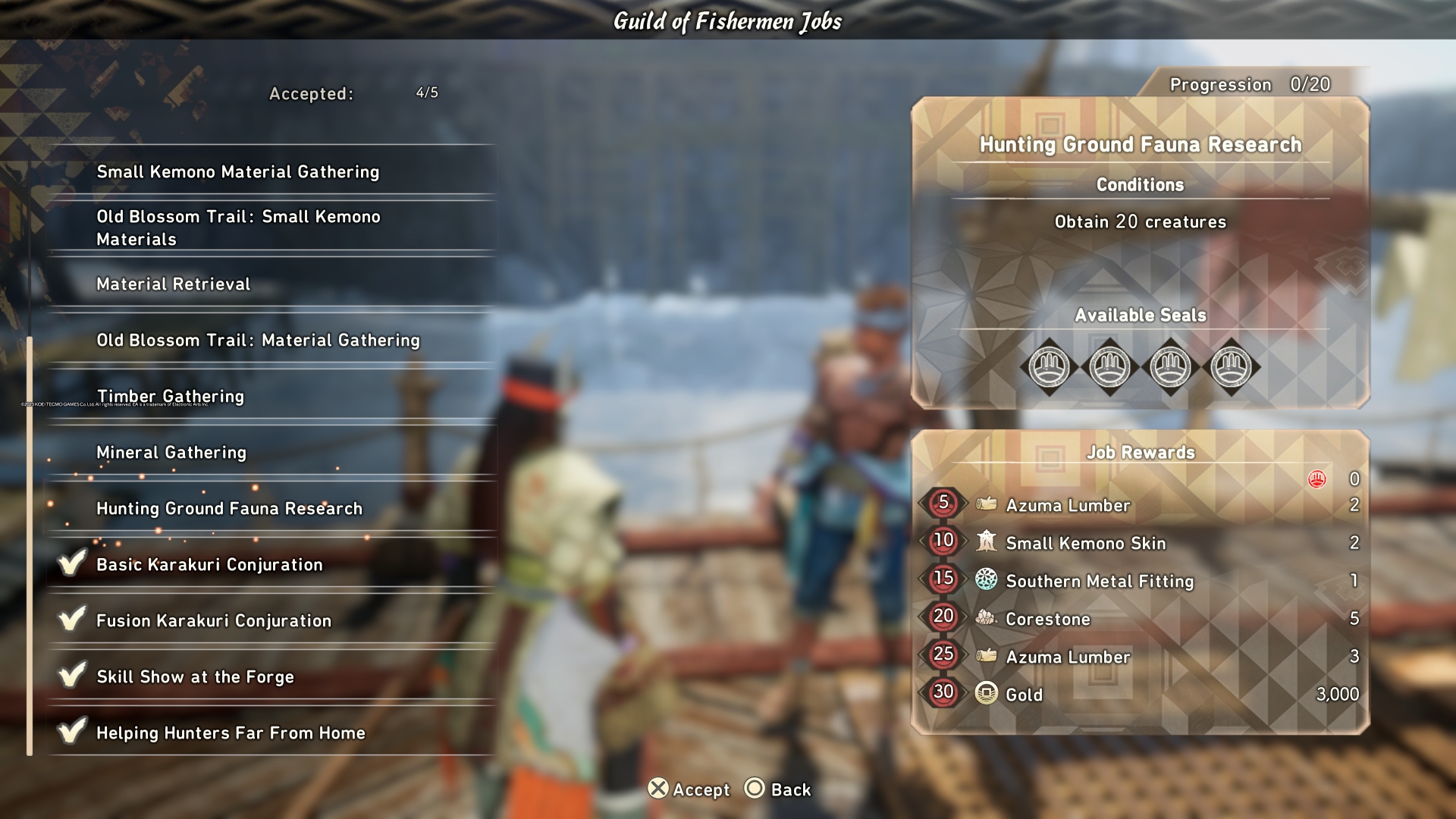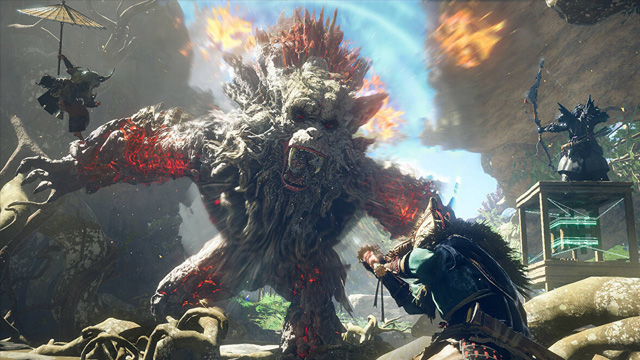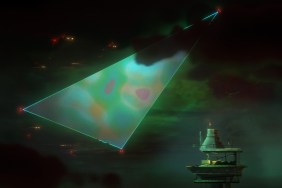The nascent monster-hunting genre doesn’t have many entries outside of Monster Hunter itself, but developer Omega Force aims to change this with its new IP, Wild Hearts. Omega Force is perhaps best known for its Dynasty Warriors set of accessible, if repetitive, action games, and some hope has emerged not only for a competitor in this almost-exclusive space, but one that attempts something outside the tried-and-true formula of Capcom’s venerable franchise.
Where is a Kemono wearing a kimono?
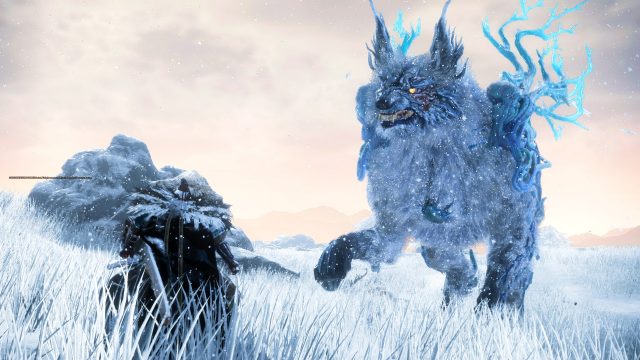
The monsters in Wild Hearts are called Kemono, wildlife you are tasked with taking out using the various weapons and tools at your disposal. They’re not so much fantastical beasts as they are oversized animals combined with the ability to alter their local environment. So, while you won’t see any dragons or dinosaurs, what you will see is the scariest chicken to grace your screen since those ornery hens in the Legend of Zelda series. Each of these beasts has a dedicated entry in the game’s encyclopedia, which can reveal what elements each Kemono is strong or weak against.
Combat in Wild Hearts is faster-paced than Monster Hunters players will be accustomed to. Your character has unlimited stamina, so sprinting around an entire map is an option. Attacks also don’t consume any stamina, so provided you can keep an enemy stunned or otherwise off your back, then you could keep hitting them until they either flee or are defeated. There is a version of energy that is utilized when the player rolls or climbs a surface or monster Shadow of the Colossus style, only with enemies that are a bit smaller than those infamous colossi.
Melee combat is fast and furious, but what really sets Wild Hearts apart is its Karakuri — ancient technology wielded by your hunter. Using magic thread, various wood-based structures can be built or fused into larger units. Provided the player has enough thread, these can be built at any time and almost anywhere.
Basic Karakuri start simply, with things such as crates and springs to help the player get to higher ground or jump quickly out of danger. But stacking these items can result in a fusion, where the parts combine to produce something much larger or more useful than the constituent parts on their own.
For instance, stacking six crates will cause a large wall to be built in just a second or so, which can act as a shield from any incoming attacks, and one which all but guarantees a stunned Kemono if they should charge into it. Meanwhile, stacking three costlier springs will result in a large hammer being created, which immediately slams down on the ground, dealing large damage to any unlucky enemy caught underneath, while destroying itself in the process.
Leave your friends some Karakuri
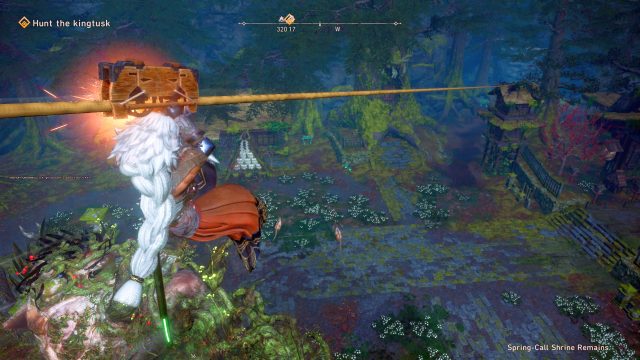
Outside of combat, there’s also Dragon Karakuri, which are utility structures such as a tent to rest in, campfire to plan your next hunt, a forge to craft and upgrade equipment, a tower to ping and find target Kemono, and even some decorative units such as lights.
Each of these Dragon Karakuri cost a certain amount of resources to craft, and the total number of these resources is determined by the number of Dragon Pits the player has awakened and/or upgraded. Of course, materials must be handed over in order to upgrade these pits, but thankfully awakening them is usually not too costly, so upon your arrival in a new location you should at minimum be able to establish one camp and a tent. These tents are crucial as they also serve as fast travel spots.
In the case of non-offensive Karakuri, their addition to the world is permanent, unless a Kemono destroys it. This applies to other players’ worlds that you visit as well, meaning you can leave helpful Karakuri such as a zipline where you think your companion might benefit. You can also unlock a placeable message. Leaving behind helpful items gives off Death Stranding vibes, and it’s neat to see other players leave their marks on your own world.
As has been implied, online play is available in Wild Hearts. It supports cross-platform play as well, so hopefully, this means that finding or giving assistance remains a quick affair. Whenever you begin a hunt against a large Kemono, a quick hold of down on the d-pad is all it takes to send out a request for online assistance. Then, any player who visits a Hunter’s gate found throughout the world will be able to answer your call. It’s seamless and easy to use, and once a hunt is completed players go their separate ways, with all loot given to each player regardless of damage output or some other metric.
Eight core weapons to utilize
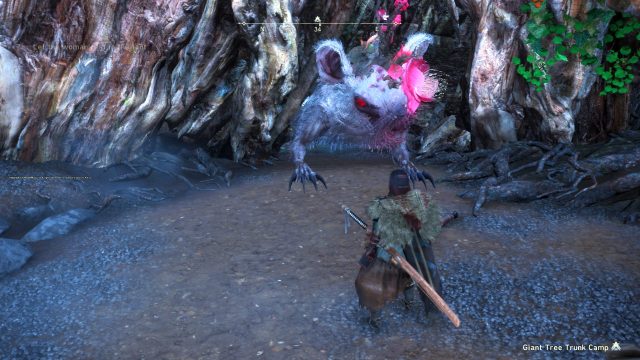
There are eight different types of weapons available to earn or craft, which is far fewer than in other hunting games. However, Omega Force opted to bake in over 200 variants of these eight weapons, and each owned weapon can be upgraded. This is performed at any forge, and each armament has a tree of unlocks that can be chosen from. Some are only available to craft once certain hidden conditions are met, thus encouraging actually using what you’ve built in order to become more familiar with it. Some of these unlocks lower the weapon’s stats, in order to reach another unlock below it that increases those same stats by a much larger amount.
While Monster Hunter gives the player companion cats (and now dogs), Wild Hearts has Tsukumo. These are little Karakuri-powered autonomous balls that kind of behave like robots, but whatever they are, they assist the player in battle by attacking Kemono, pulling aggro to lure attacks away from the player, healing, and other supportive actions. You can befriend dozens of them to collect cogs, which can be used at any campfire to upgrade your main companion Tsukumo. They’re sort of cute in a small companion sense, even if they don’t really have a face that you can see.
Not the prettiest monster hunt
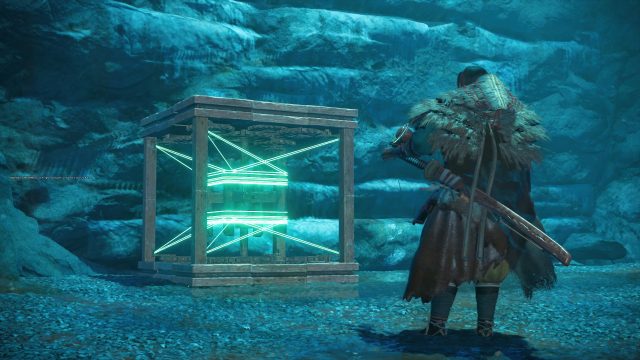
Wild Hearts is built for utility and isn’t the prettiest game out there. On the PS5, there are two graphics modes as usual, with the player able to decide if they want to prioritize resolution or frame rate. The result is a fairly smooth experience, with only occasional slowdowns.
Load times are quick here on the PS5 – its SSD has of course been a huge boon to this generation’s games just by being so quick at shuttling electrons. Yet, while things are zippy for the most part, occasionally heading back to Minato (the player’s main city they unlock early on) takes much longer than usual. Compared to the nearly instantaneous fast travel option when not switching maps, this odd lengthier loading screen indicates some room for improvement still exists. The DualSense controller is also utilized a little bit beyond vibrations, as the adaptive triggers are used lightly with some weapons, and a slightly sluggish feeling to the L2 button is applied when dealing a finishing blow to target/boss Kemono.
Wild Hearts: The Final Verdict
Wild Hearts has essentially checked every box when it comes to monster-hunting games. It is perhaps a little too similar to Monster Hunter to stand out on its own, and this issue lies in its presentation. Omega Force has a stable of action games with a far more stylish look and feel, such as Samurai Warriors, and borrowing from that may help to elevate this new franchise to even greater heights.
Wild Hearts seems to have the right ideas about what a modern monster-hunting game needs. If it could inject some of the flashier bits from their other games, then Omega Force would definitely have a fierce competitor on its hands in the monster hunting genre of games. Right now, it does of course stand in Capcom’s shadow, but suddenly this subgenre has started heating up. Competition breeds innovation, and it’s exciting to wonder what we’ll see next.
-
Faster-paced hunting than other games in the genre
-
Karakuri is a unique addition
-
Seamless, cross-platform online co-op
-
Feels very familiar
-
Graphically underwhelming
-
Lacking a bit of style
Wild Hearts PS5 Review
-
Wild Hearts PS5 Review #1
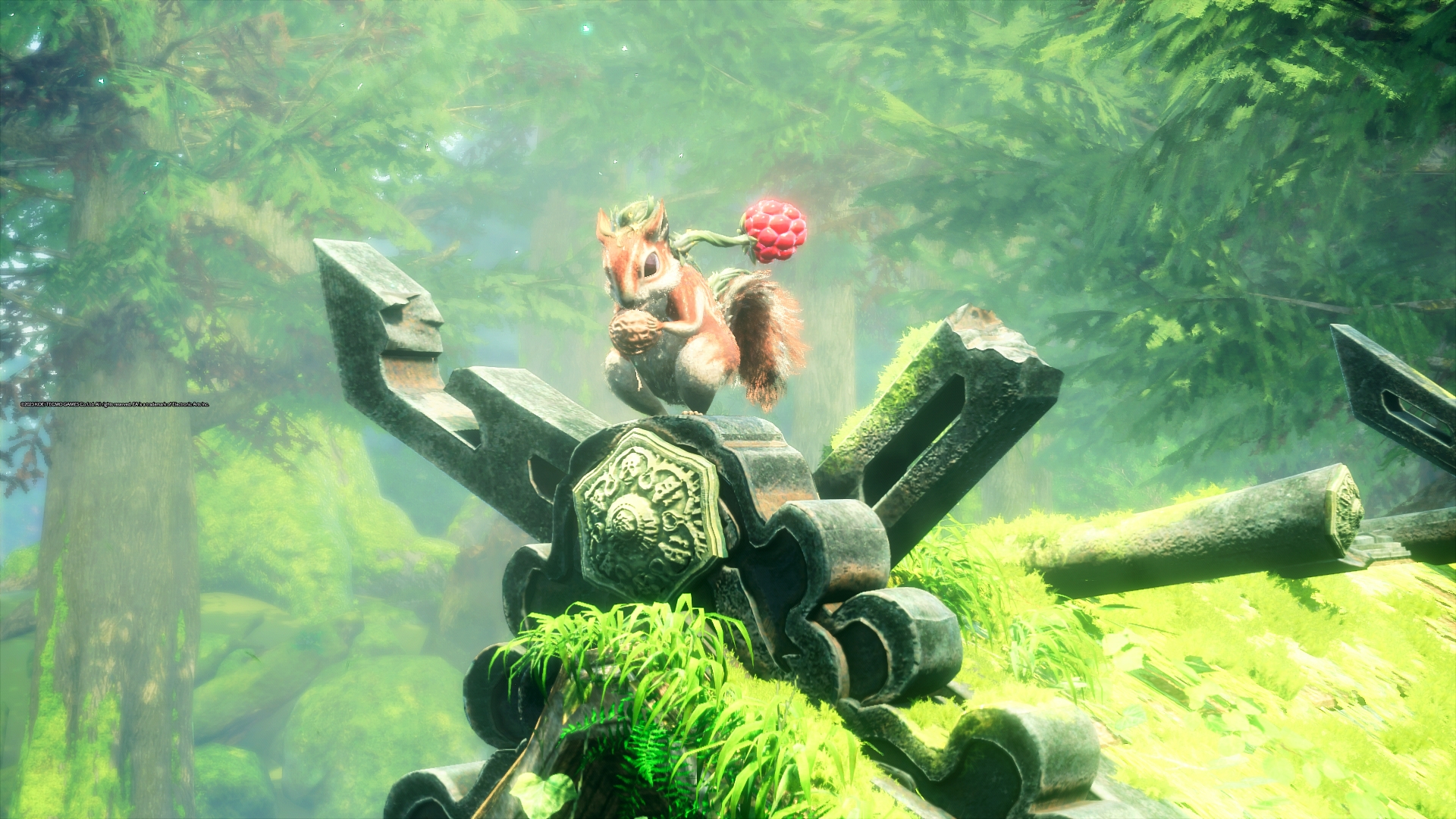
-
Wild Hearts PS5 Review #2
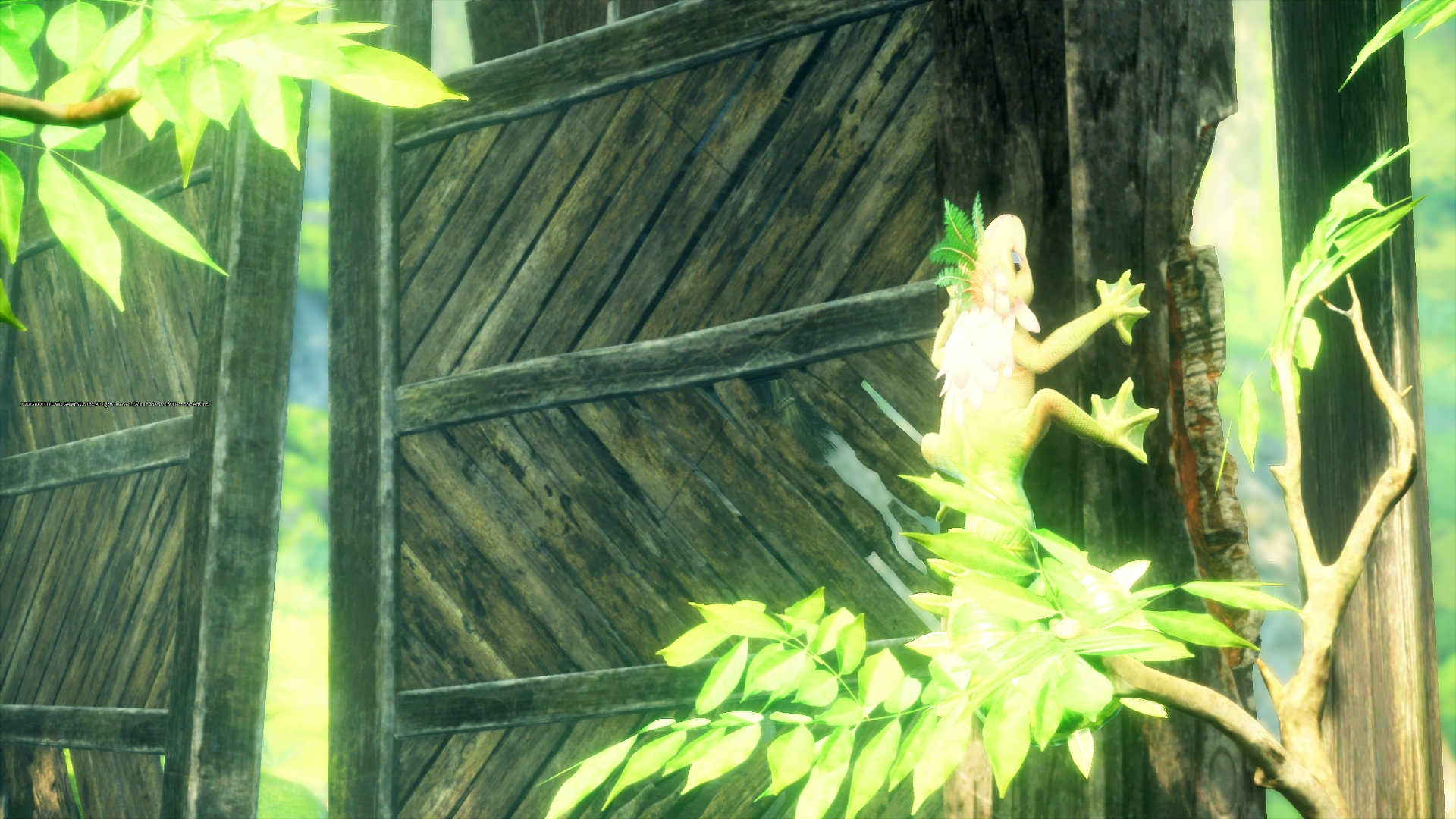
-
Wild Hearts PS5 Review #3
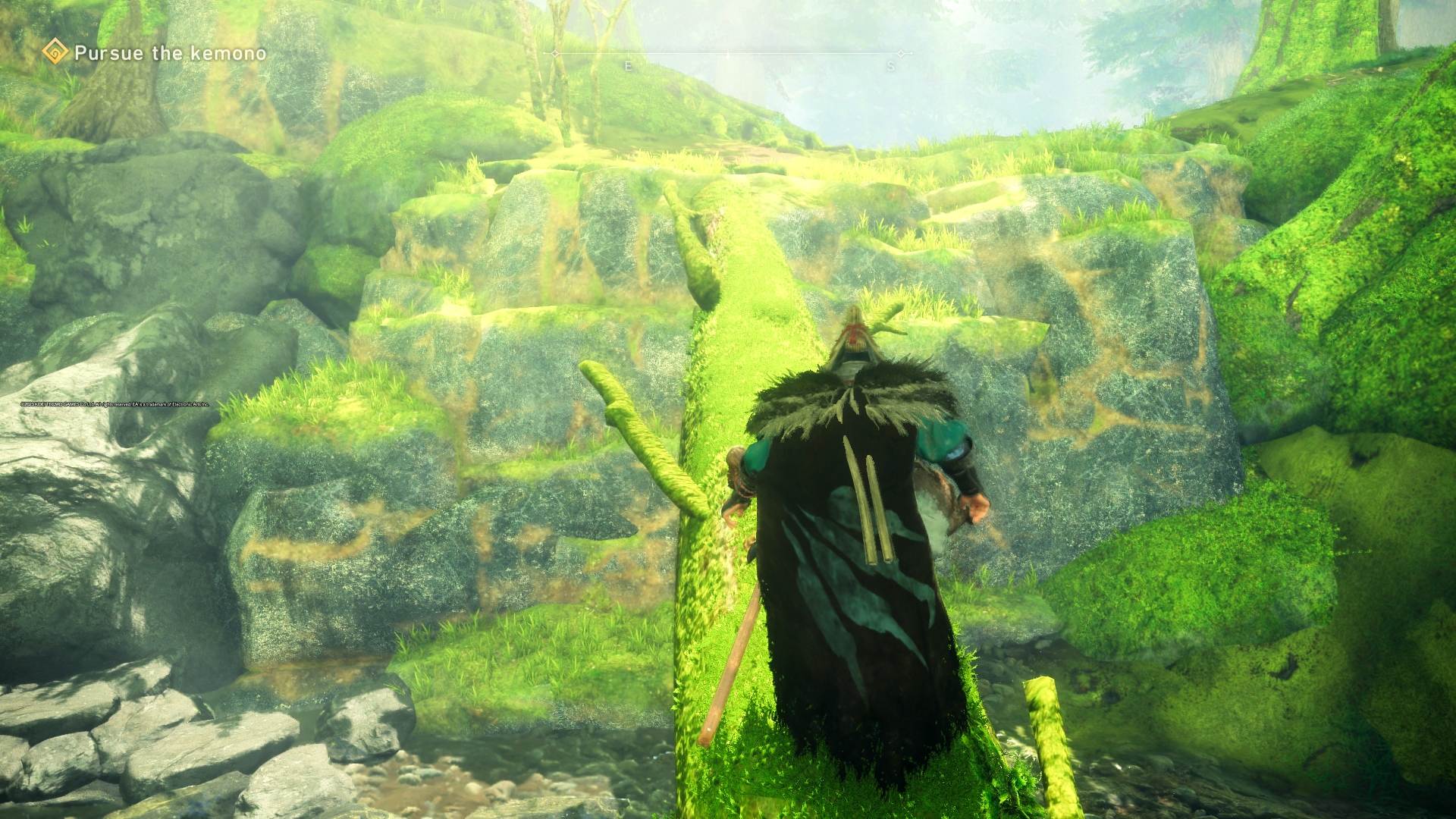
-
Wild Hearts PS5 Review #4
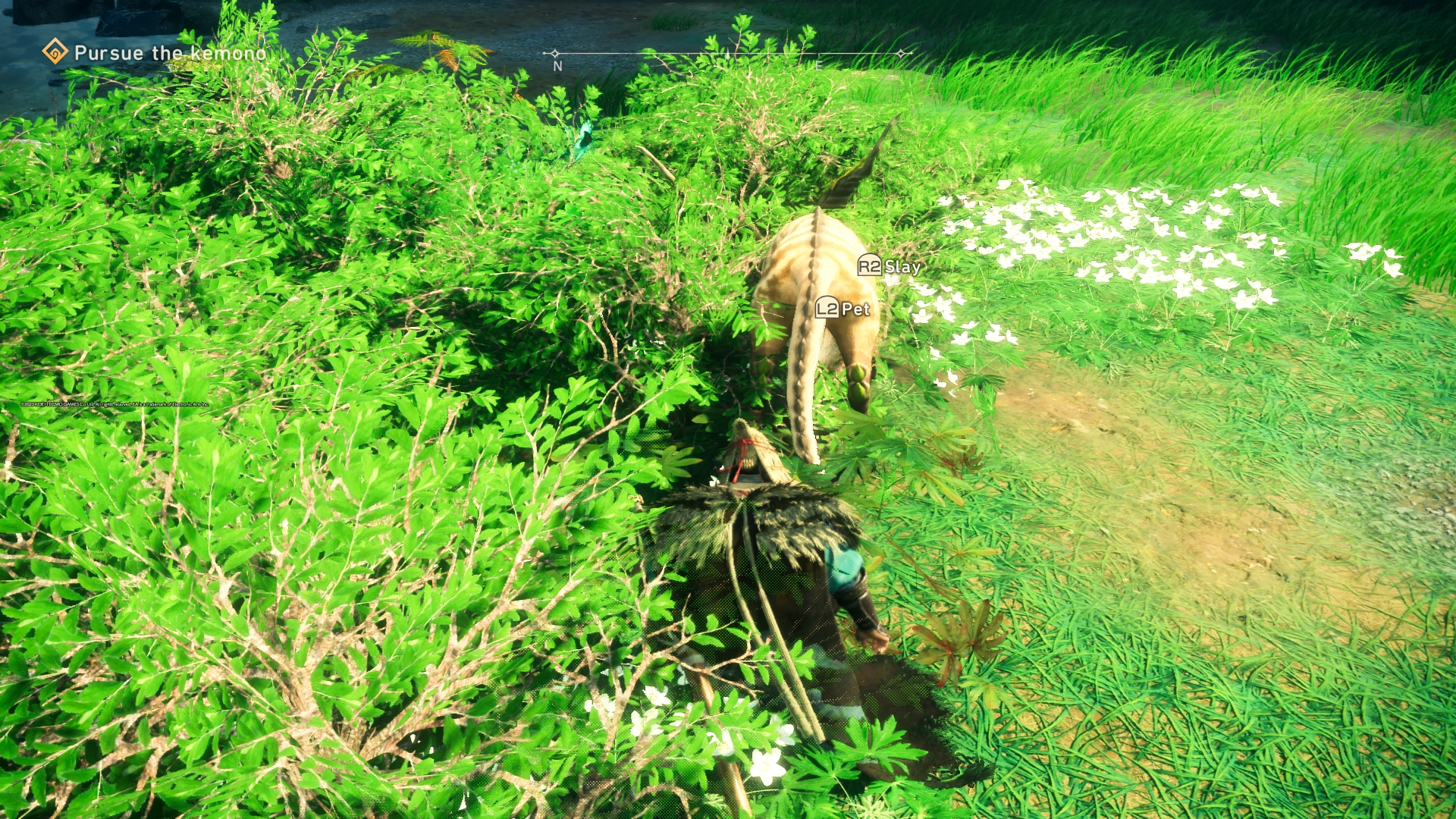
-
Wild Hearts PS5 Review #5
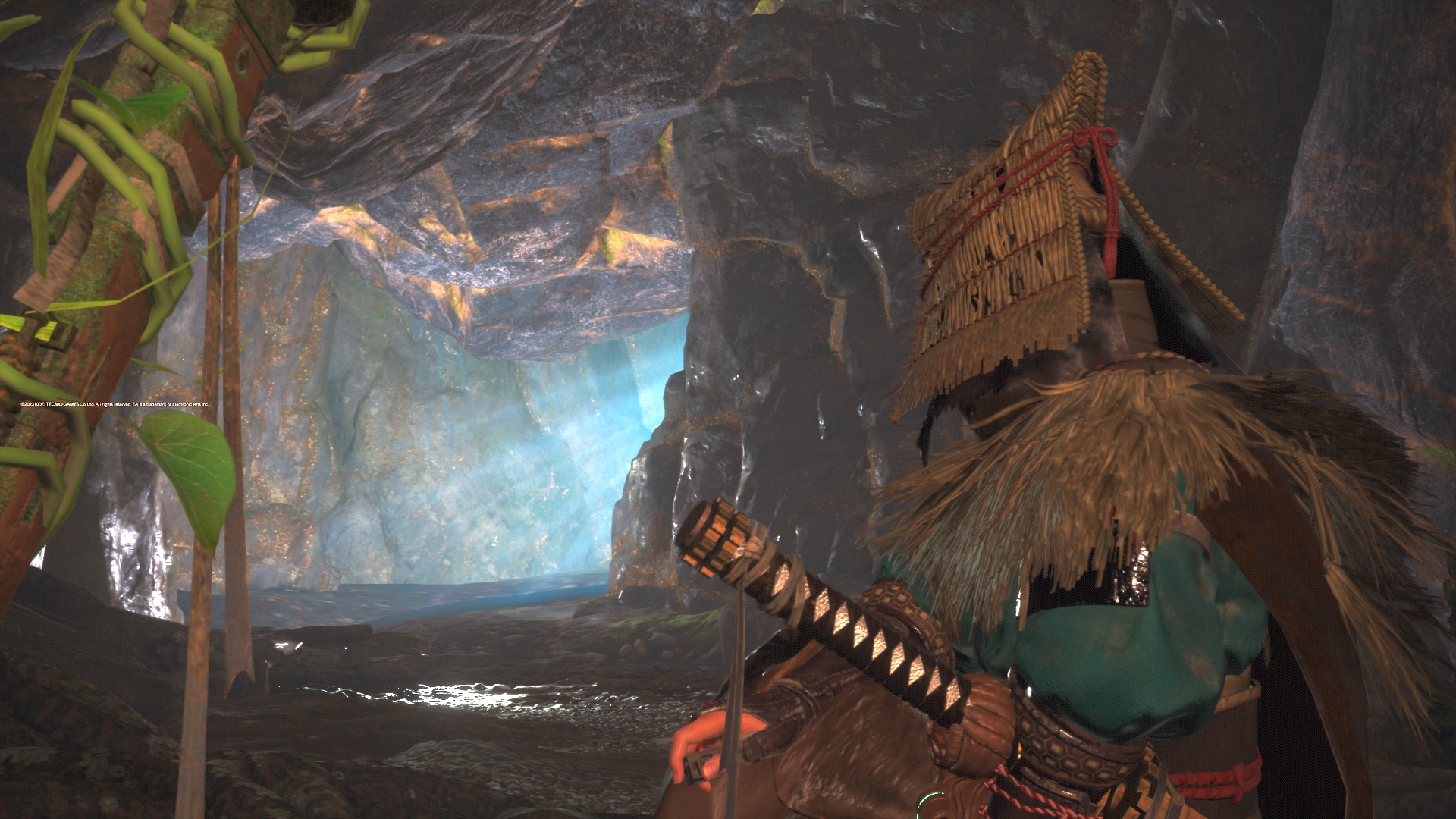
-
Wild Hearts PS5 Review #6
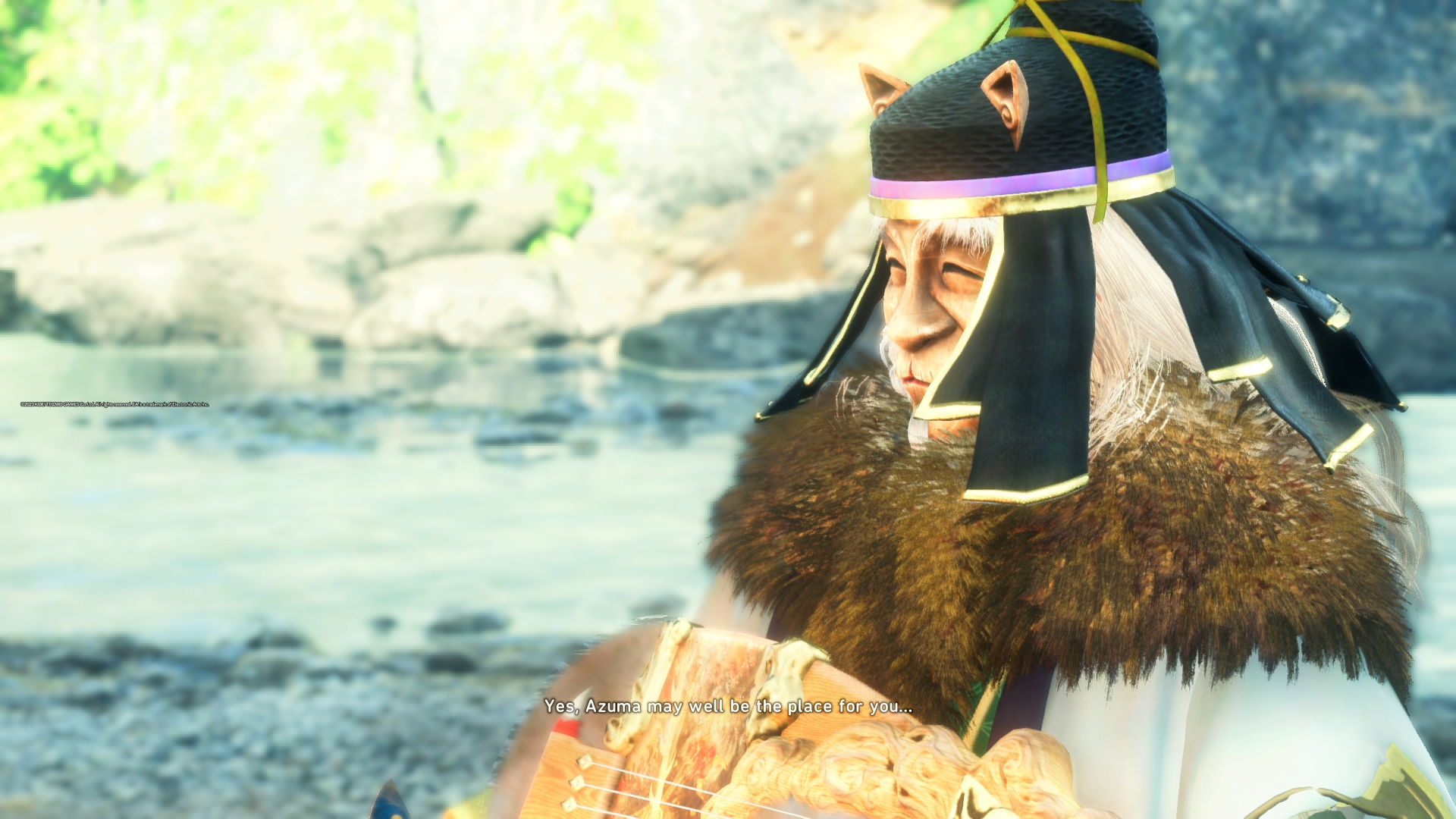
-
Wild Hearts PS5 Review #7
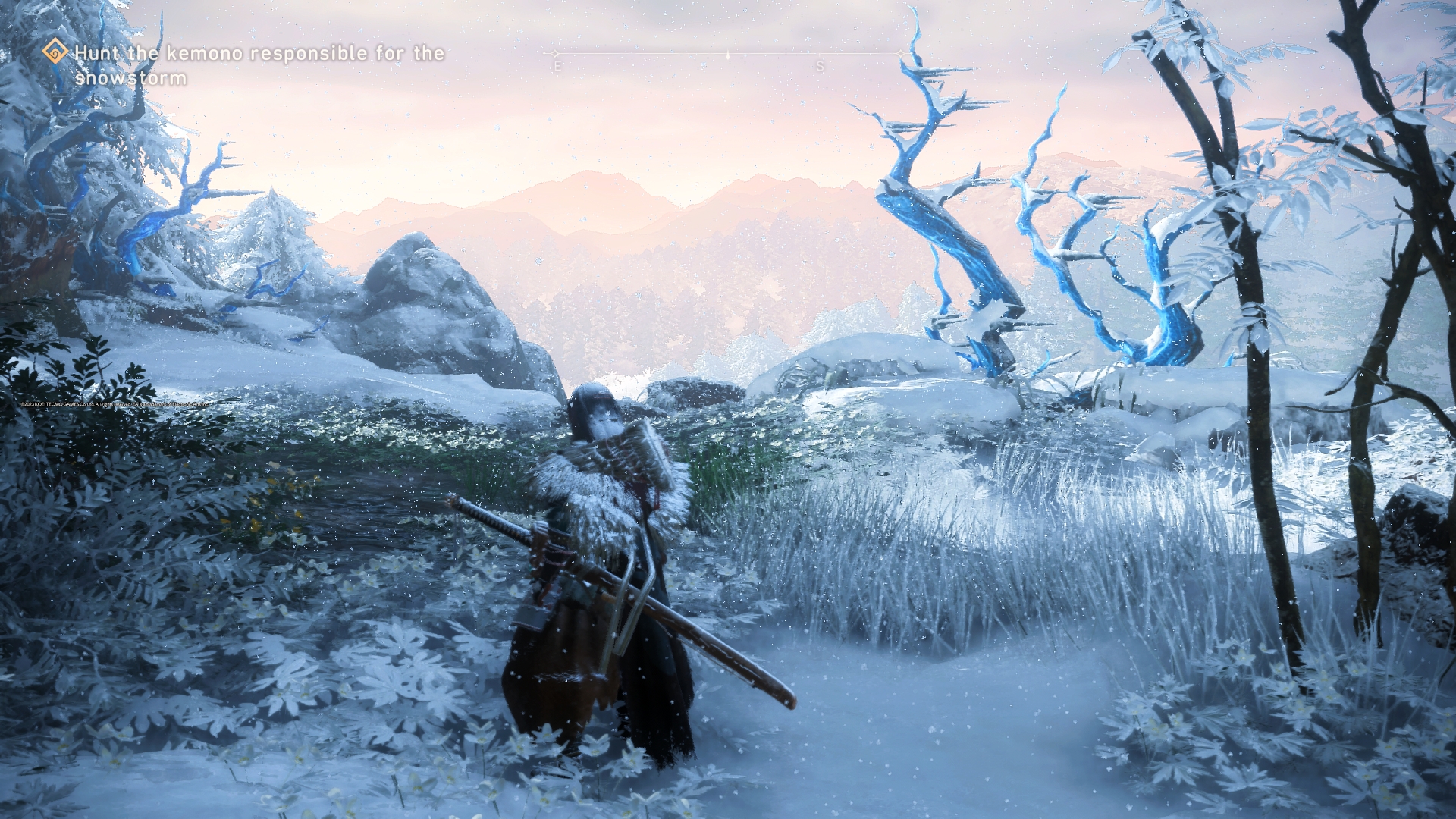
-
Wild Hearts PS5 Review #8
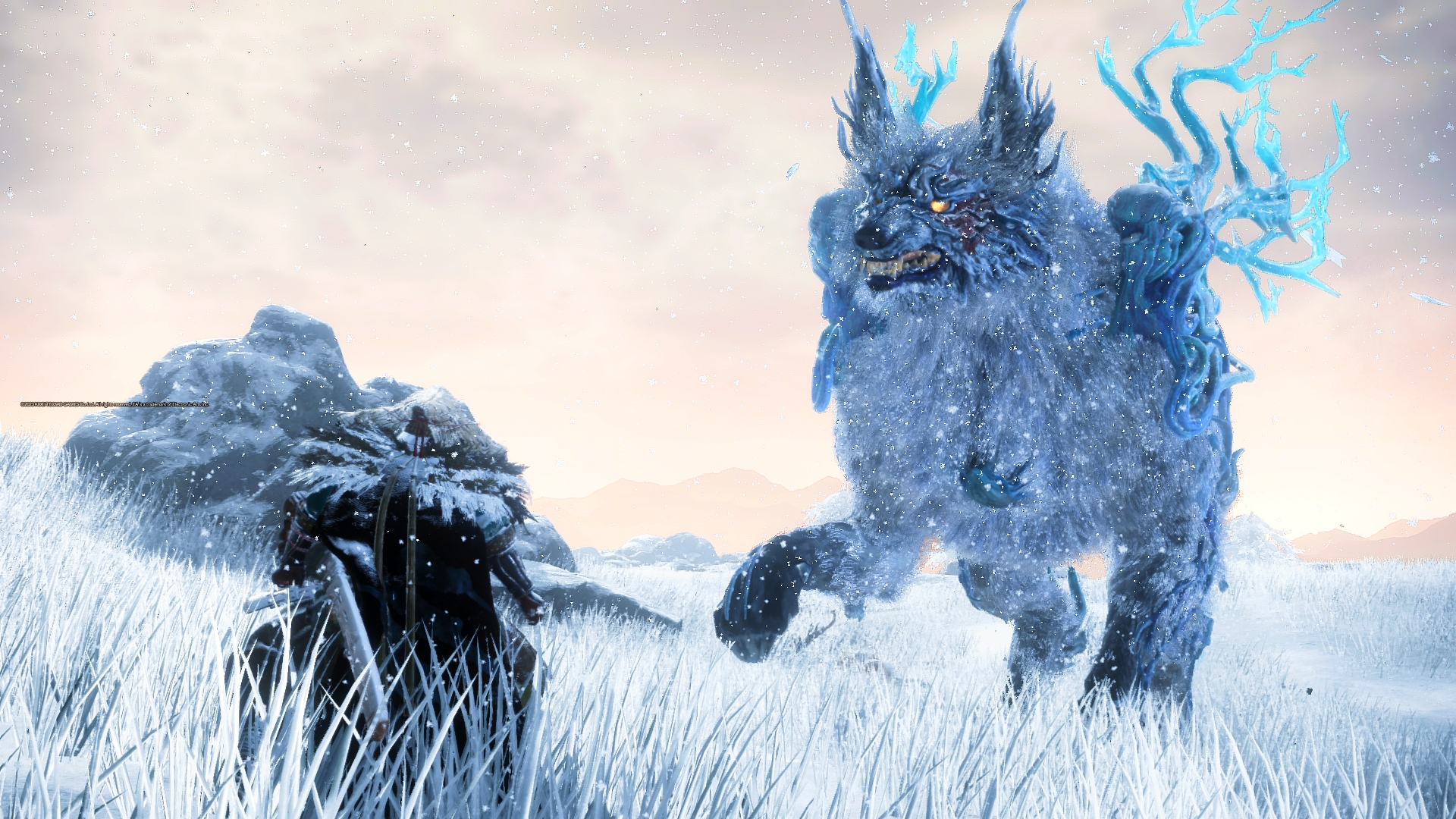
-
Wild Hearts PS5 Review #9
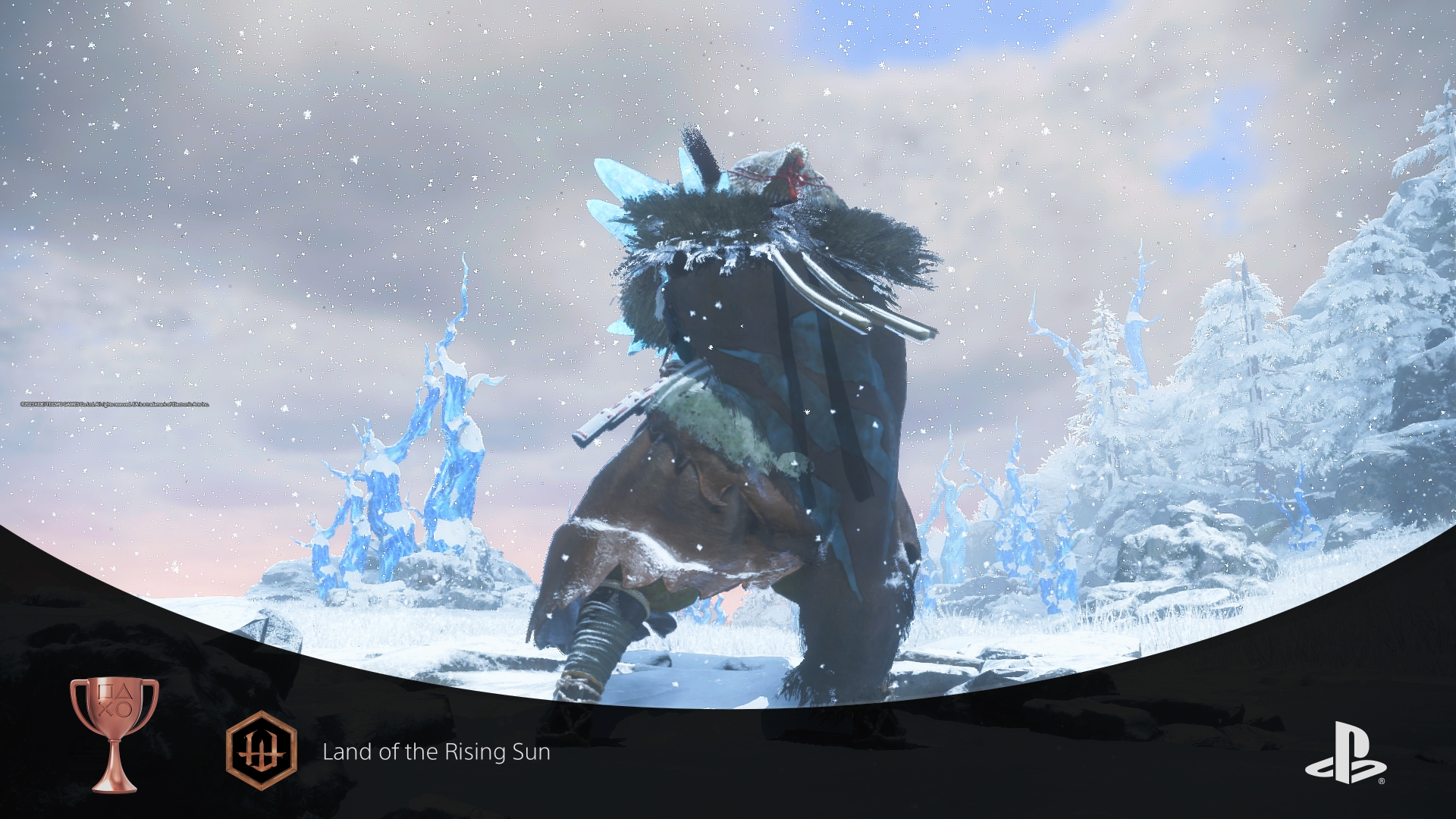
-
Wild Hearts PS5 Review #10
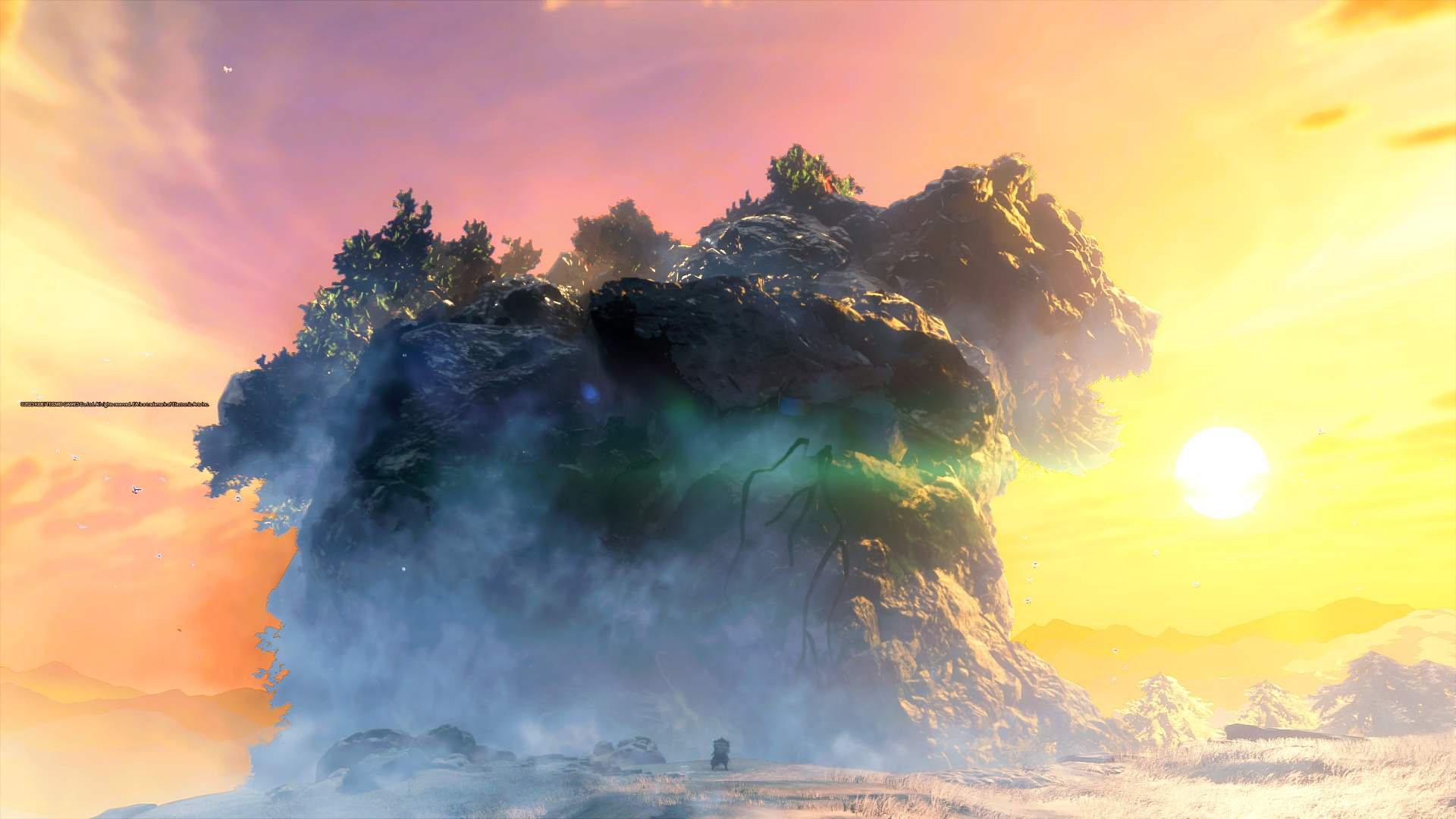
-
Wild Hearts PS5 Review #11
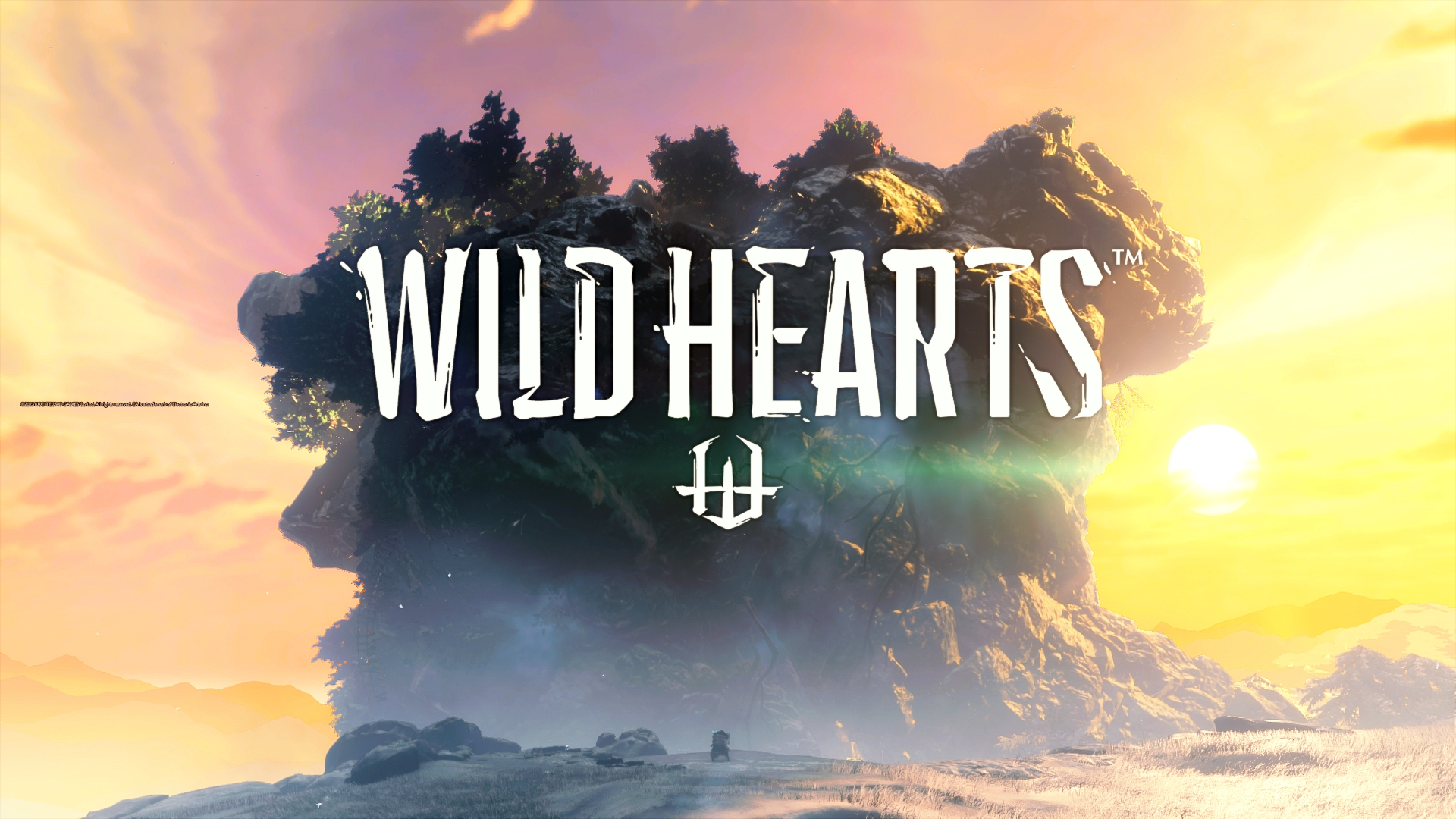
-
Wild Hearts PS5 Review #12
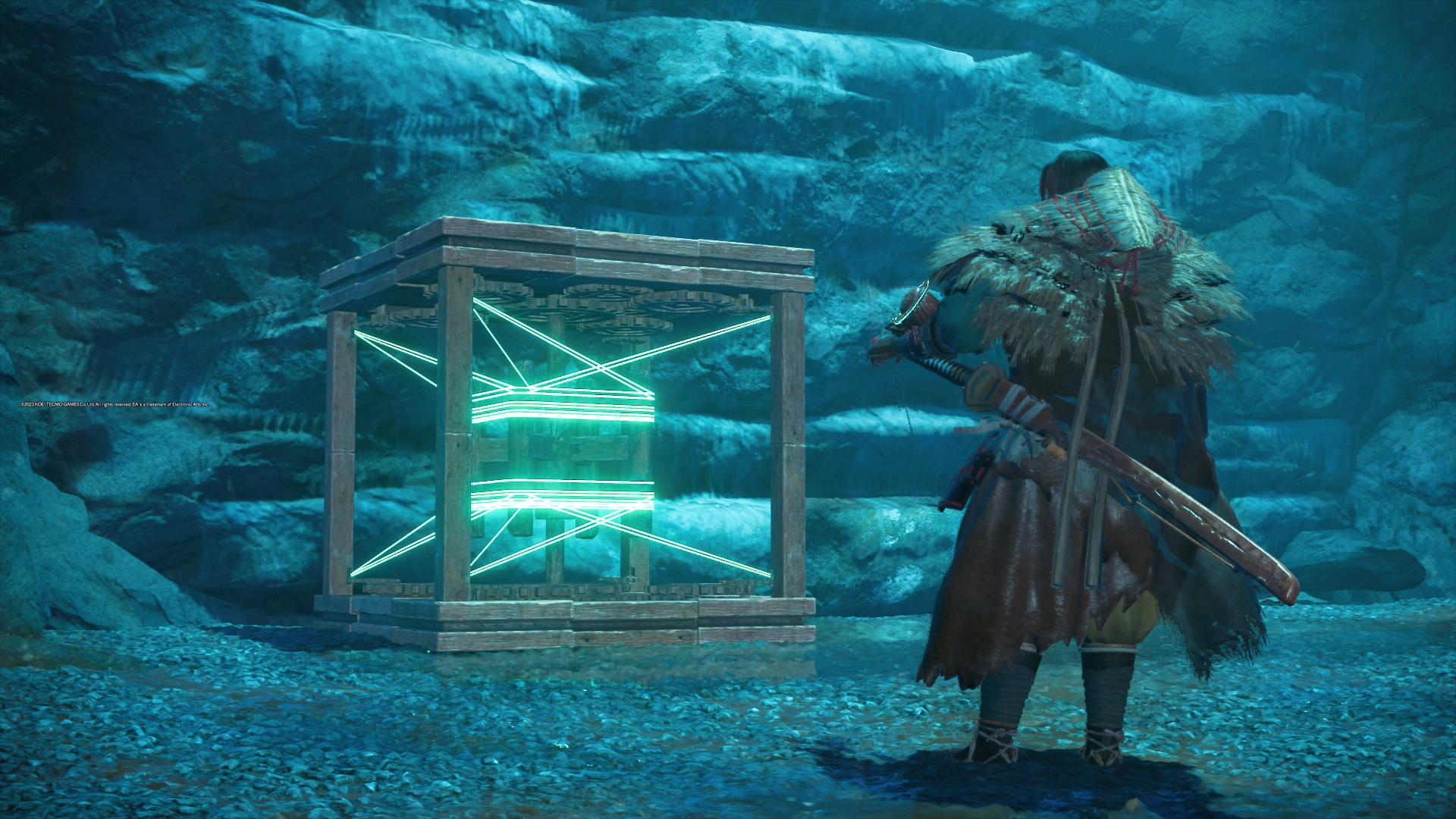
-
Wild Hearts PS5 Review #13
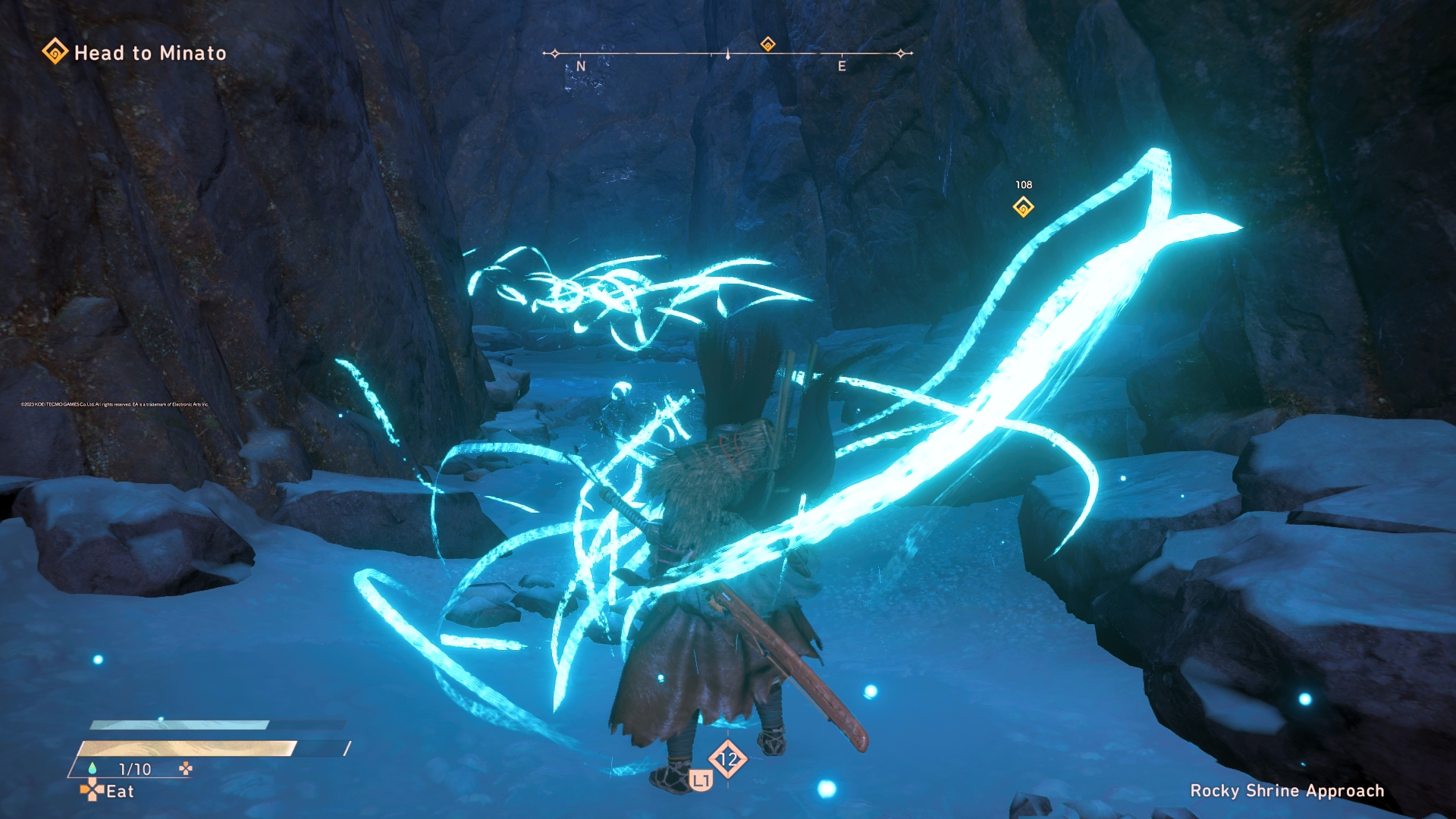
-
Wild Hearts PS5 Review #14
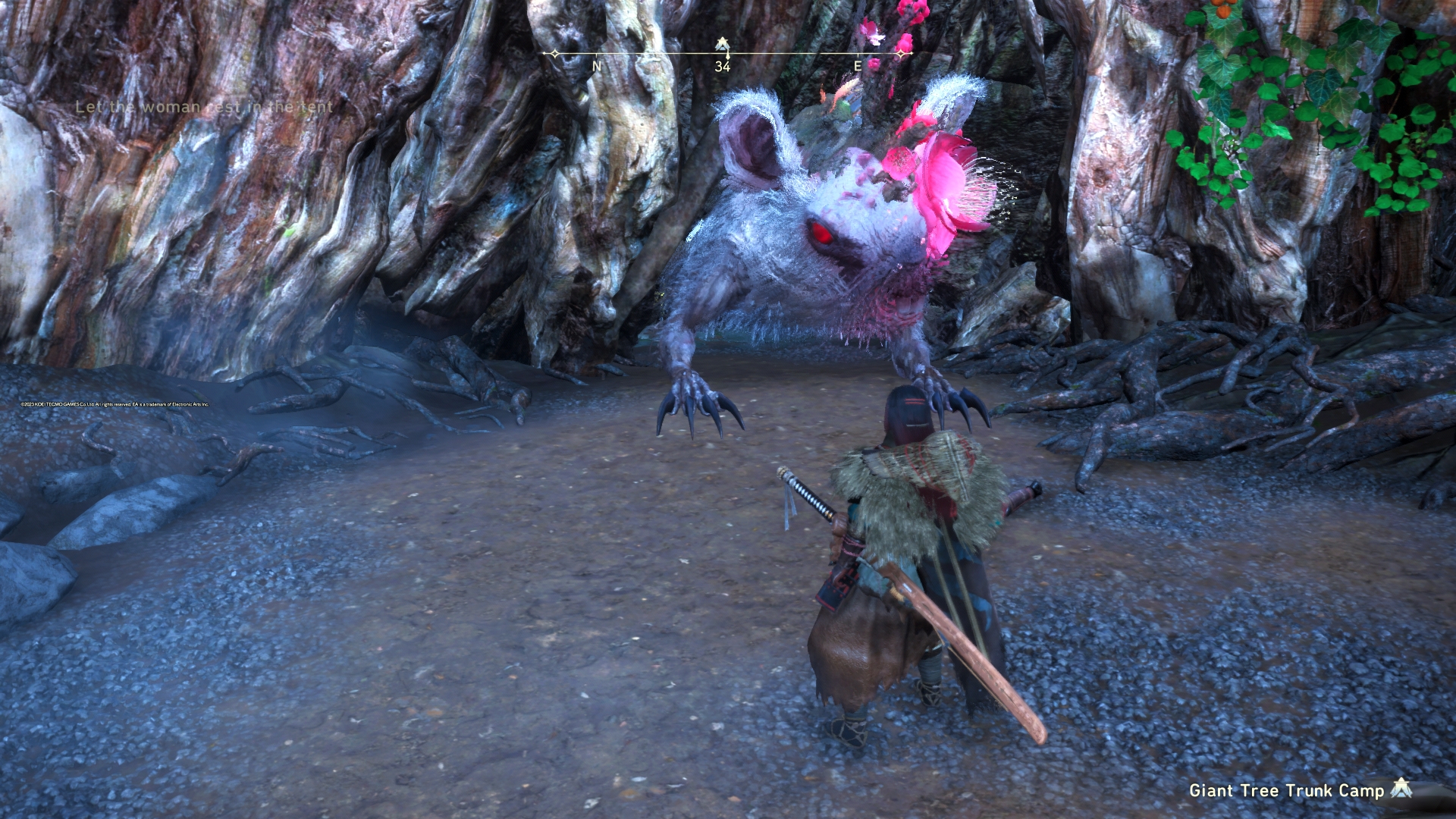
-
Wild Hearts PS5 Review #15
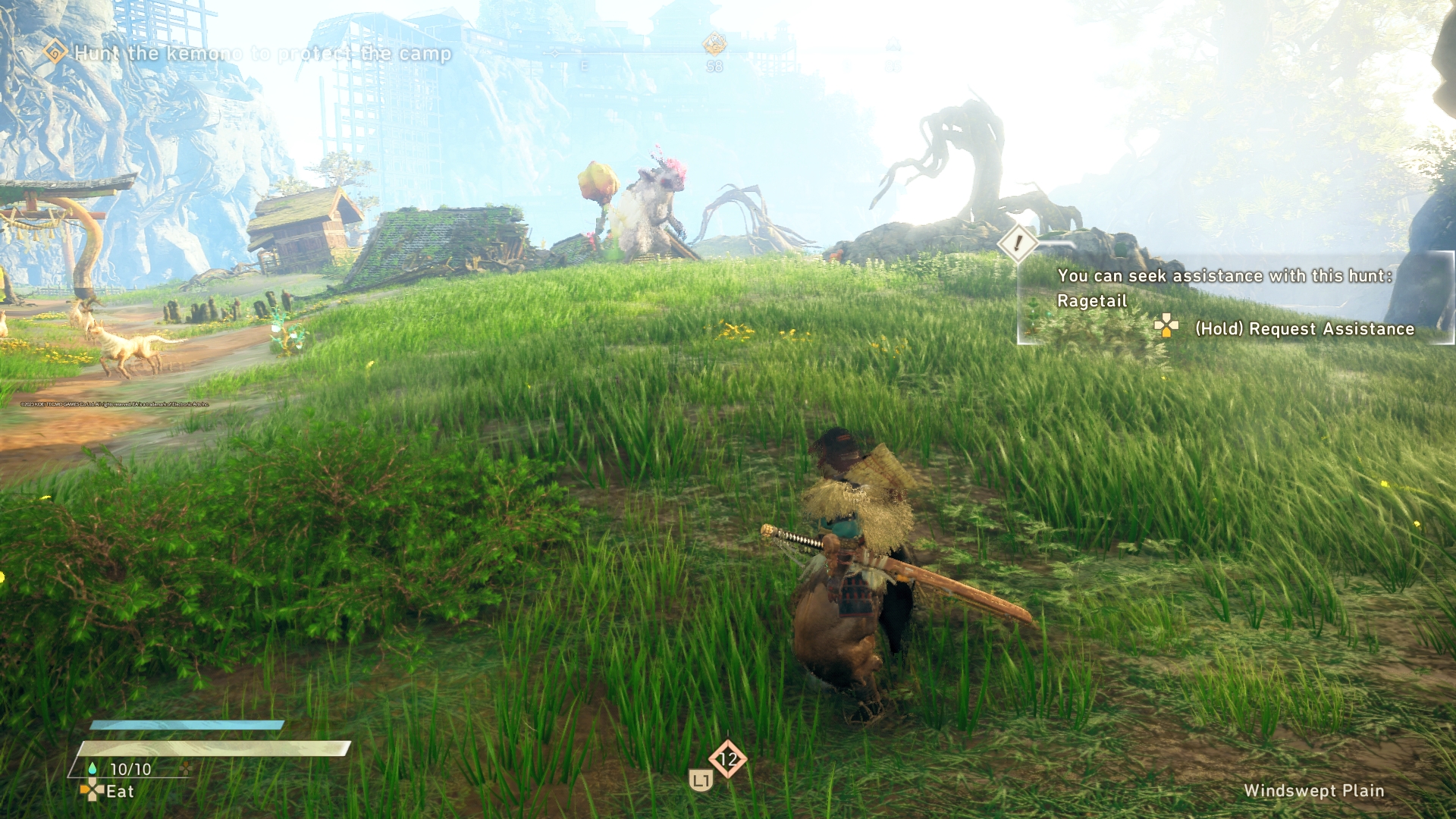
-
Wild Hearts PS5 Review #16
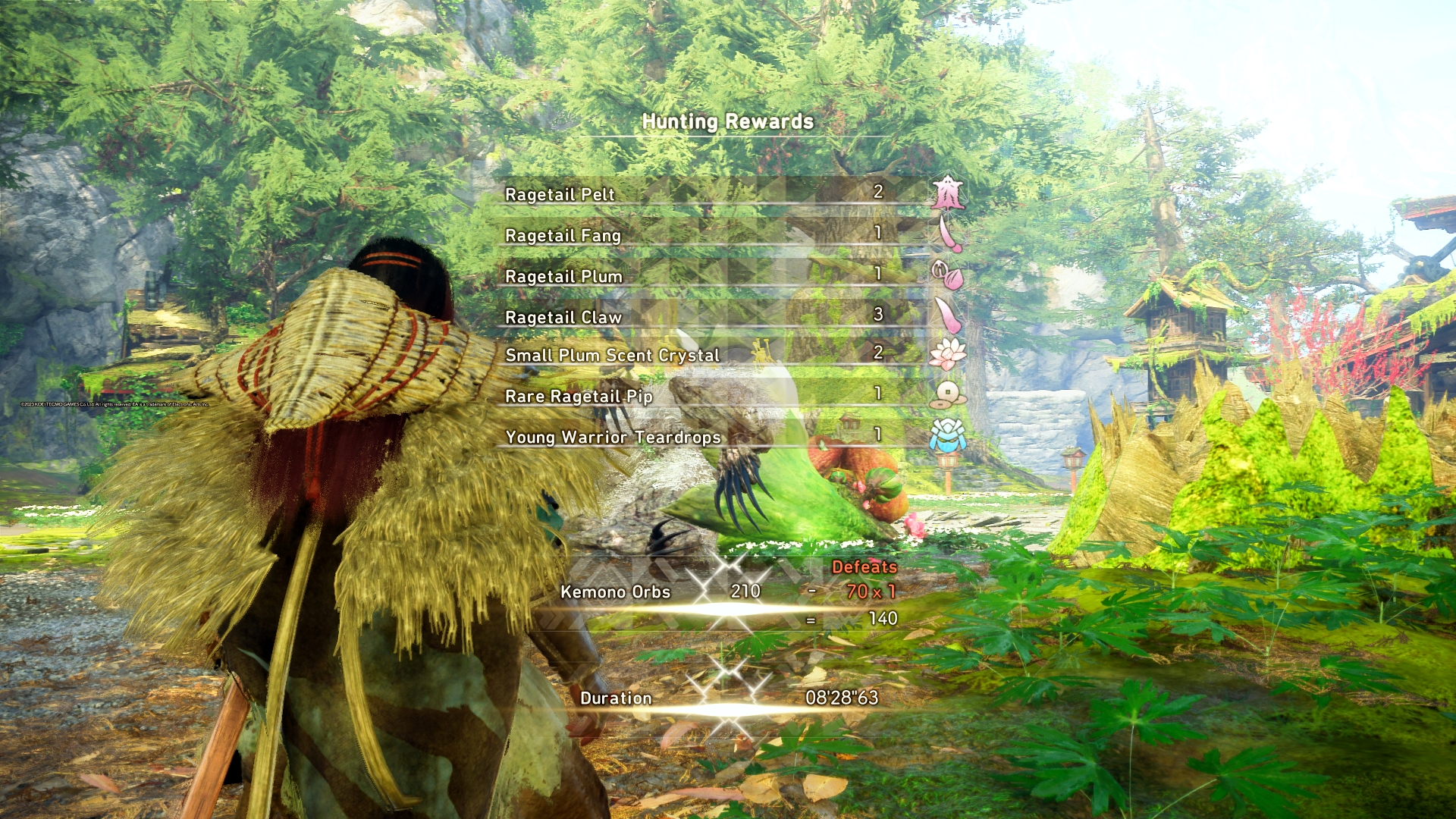
-
Wild Hearts PS5 Review #17
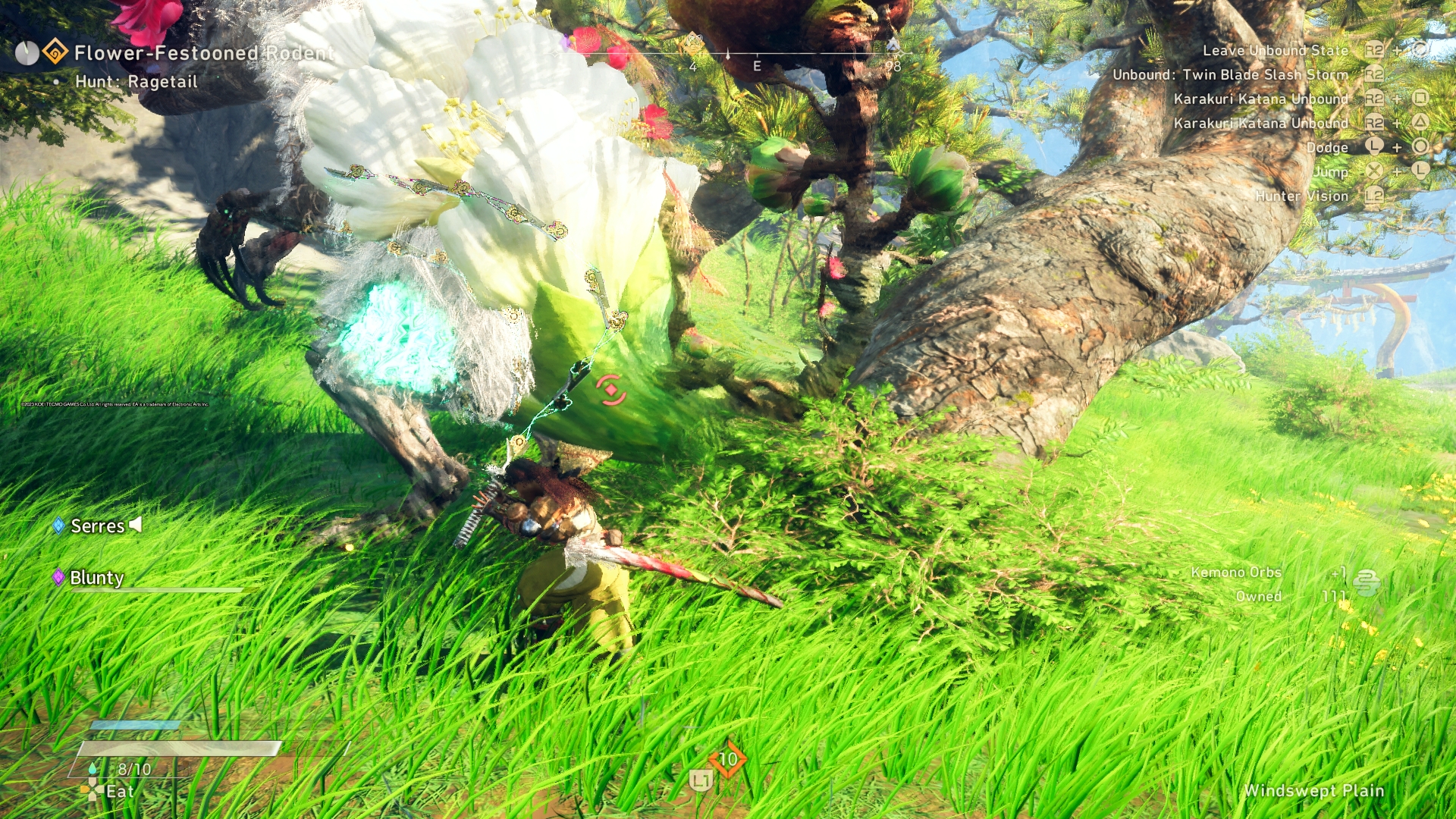
-
Wild Hearts PS5 Review #18
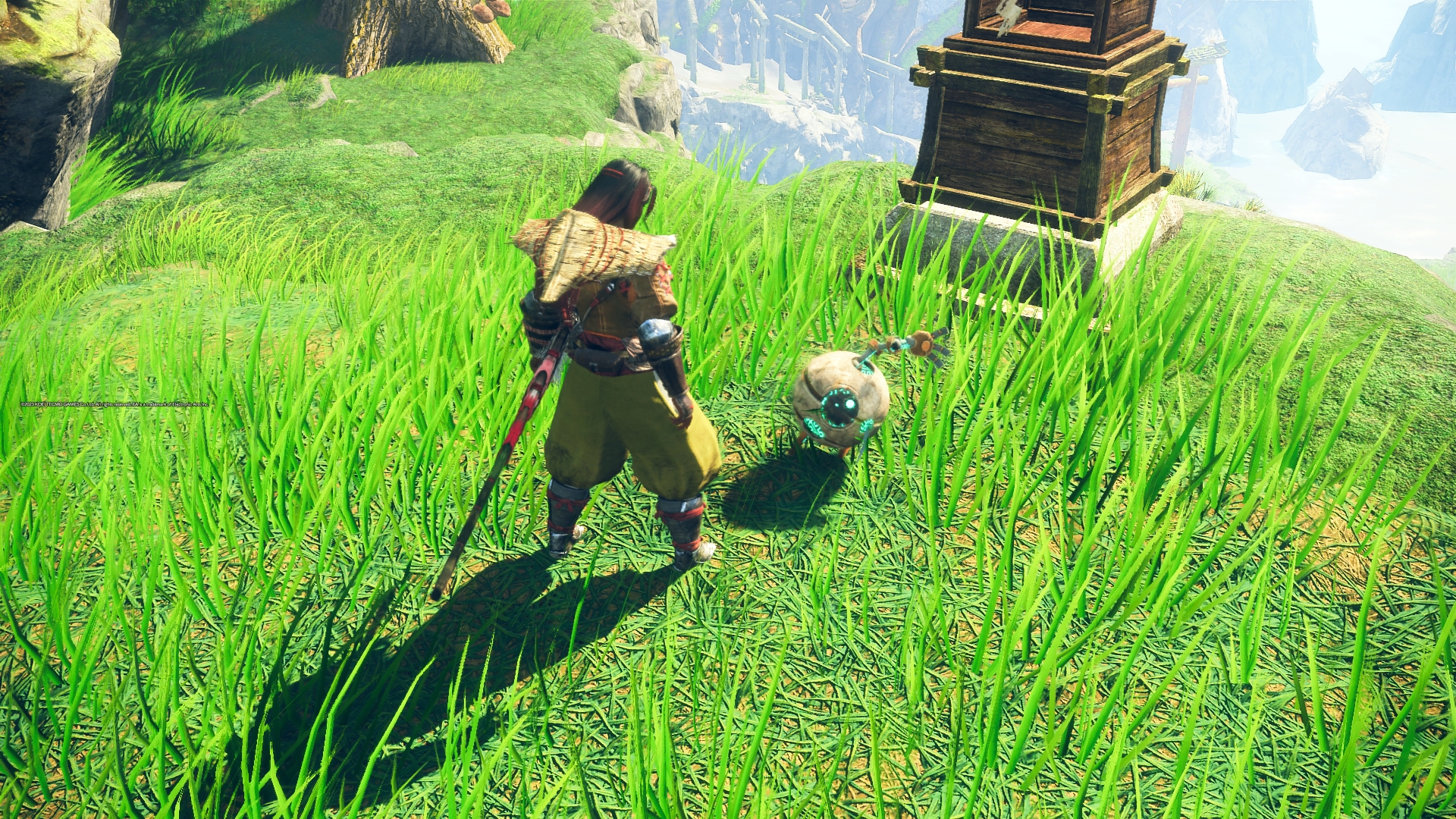
-
Wild Hearts PS5 Review #19
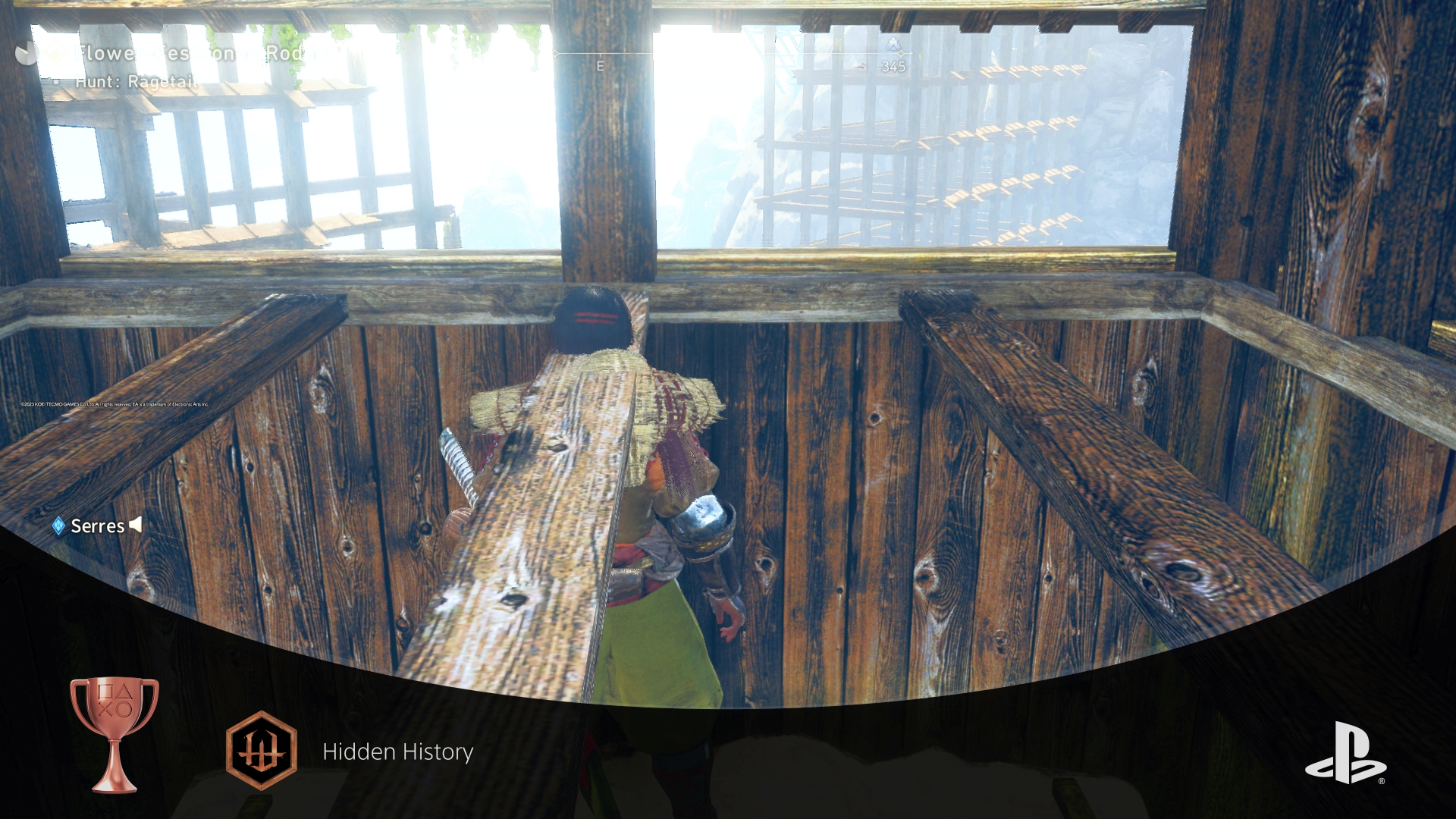
-
Wild Hearts PS5 Review #20
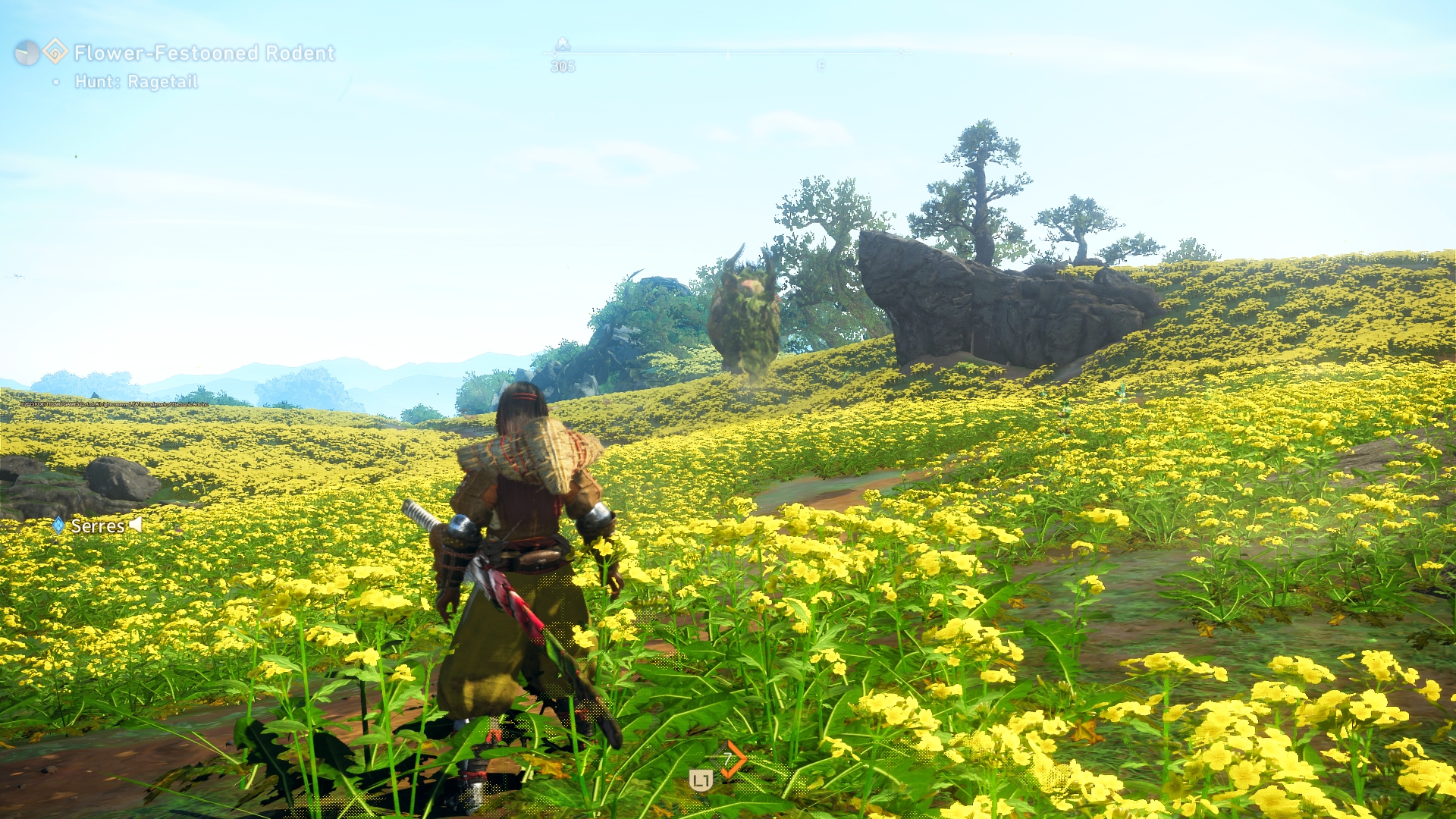
-
Wild Hearts PS5 Review #21
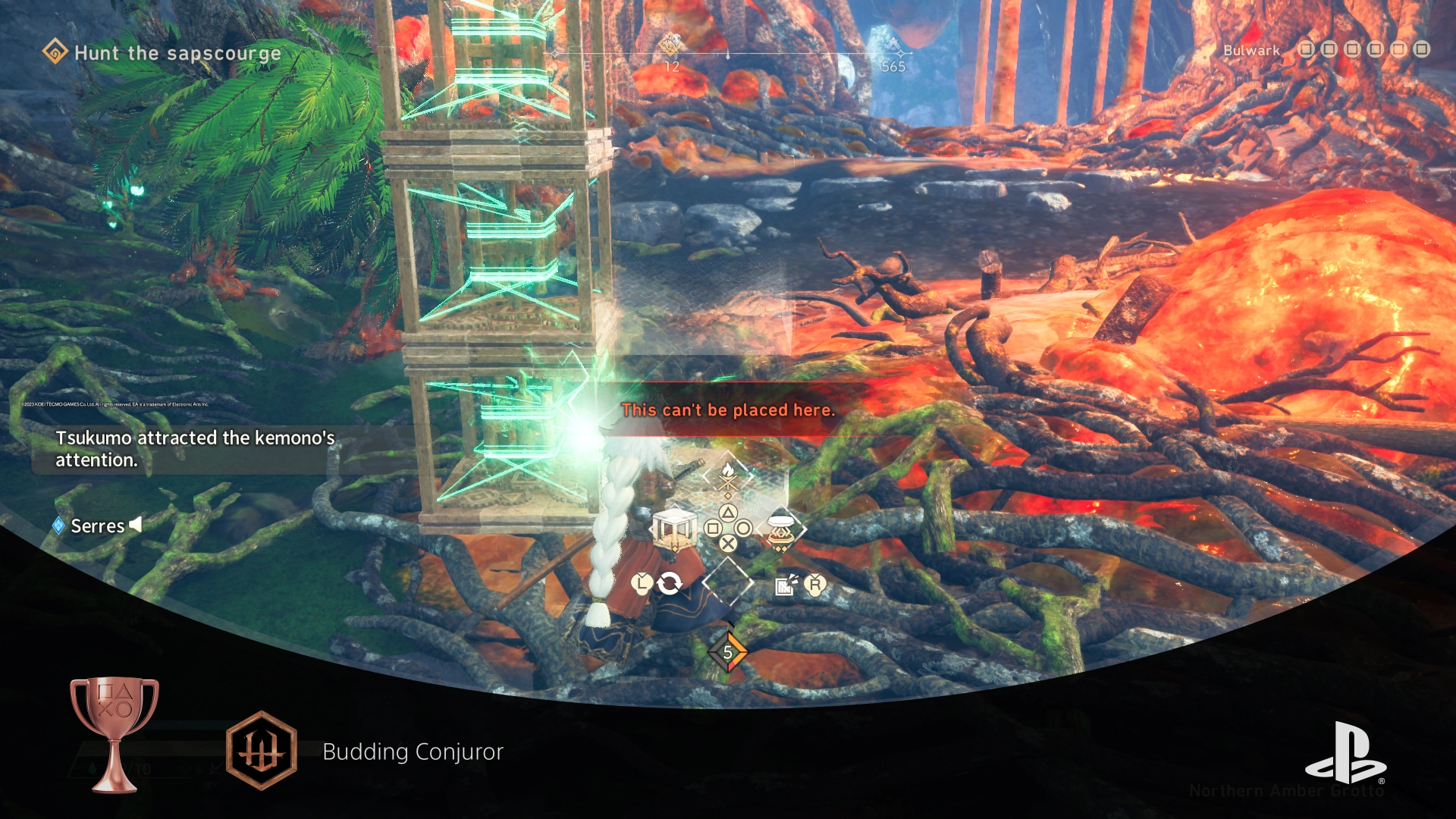
-
Wild Hearts PS5 Review #22
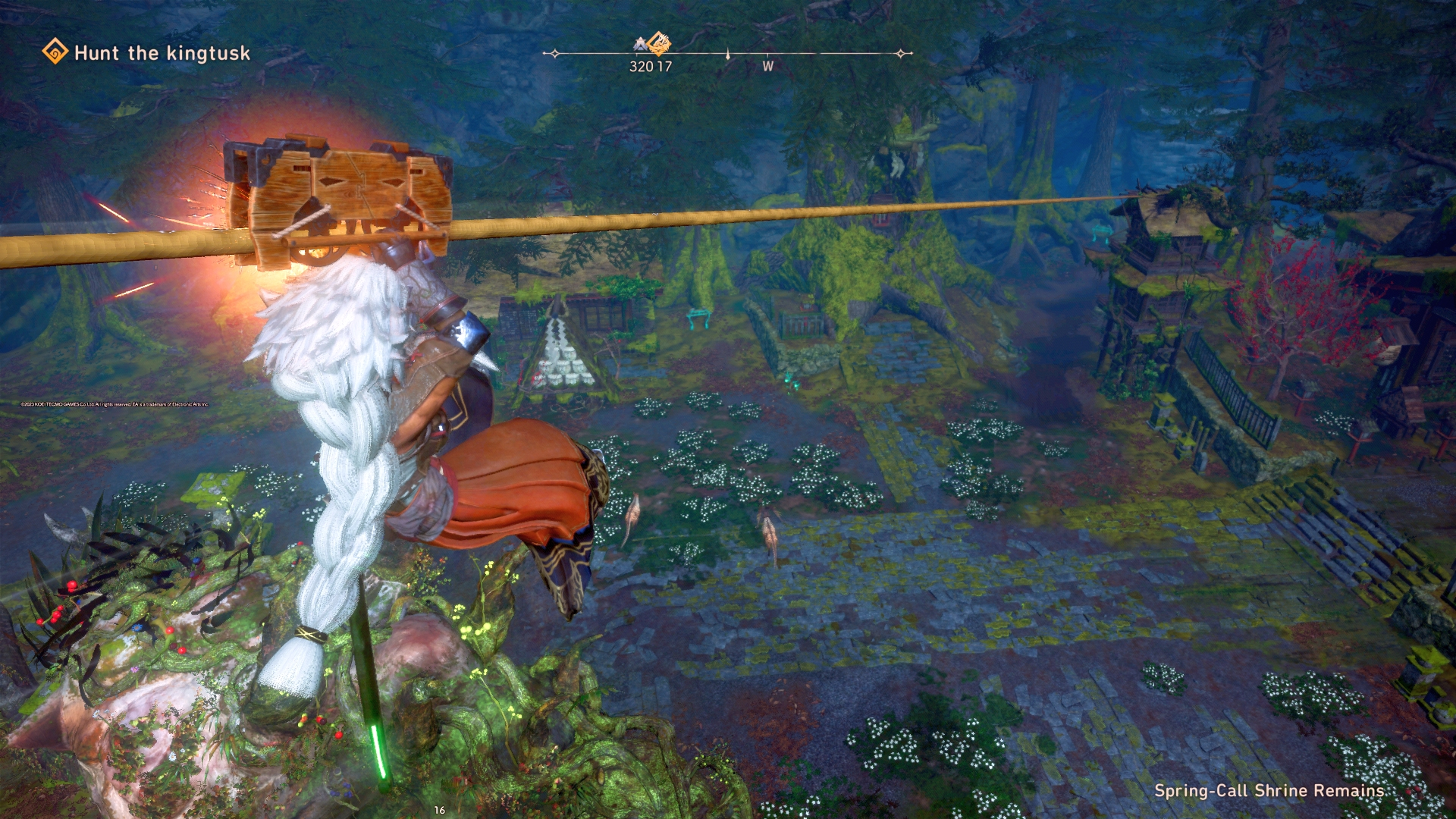
-
Wild Hearts PS5 Review #23
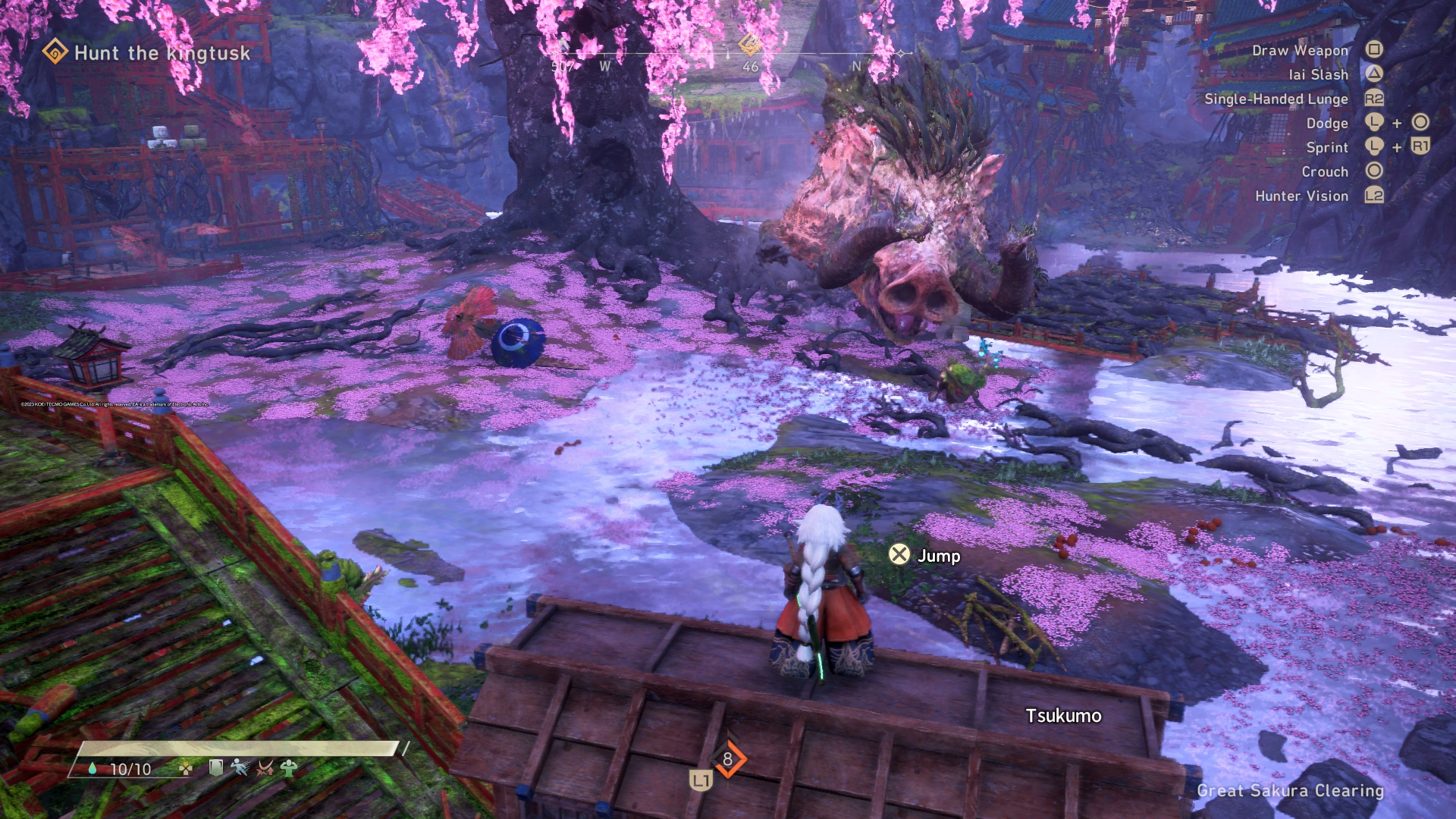
-
Wild Hearts PS5 Review #24
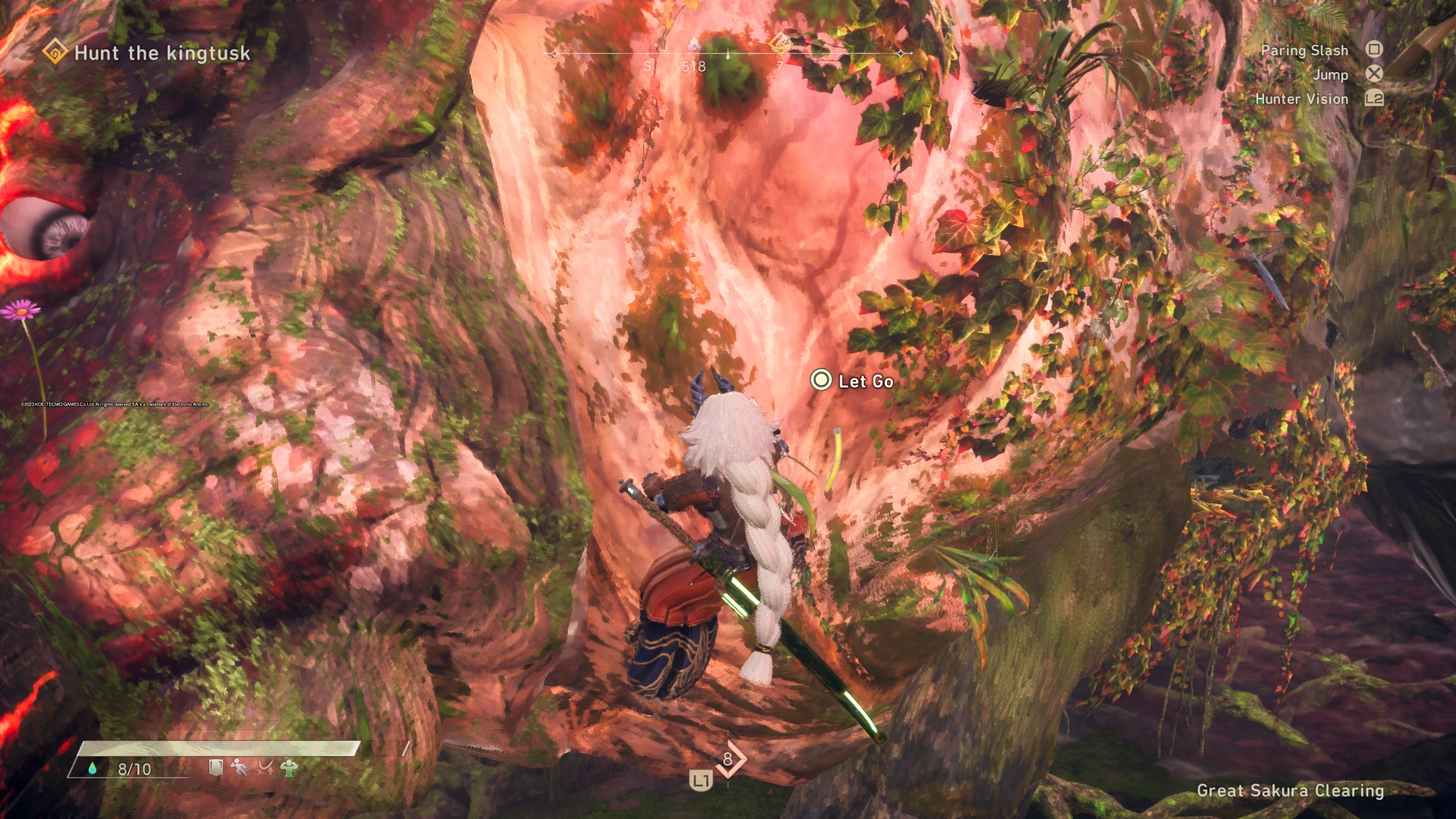
-
Wild Hearts PS5 Review #25
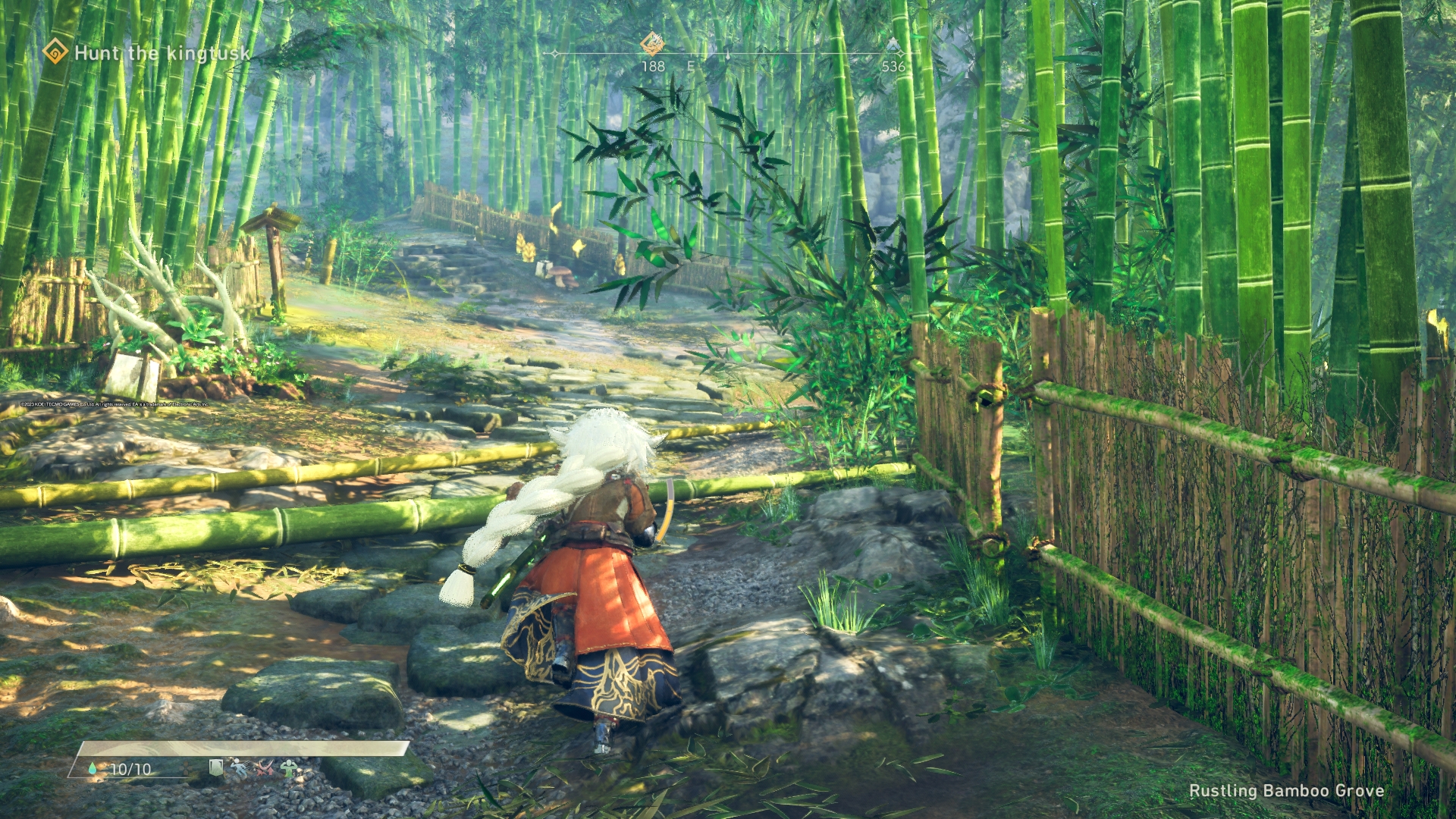
-
Wild Hearts PS5 Review #26
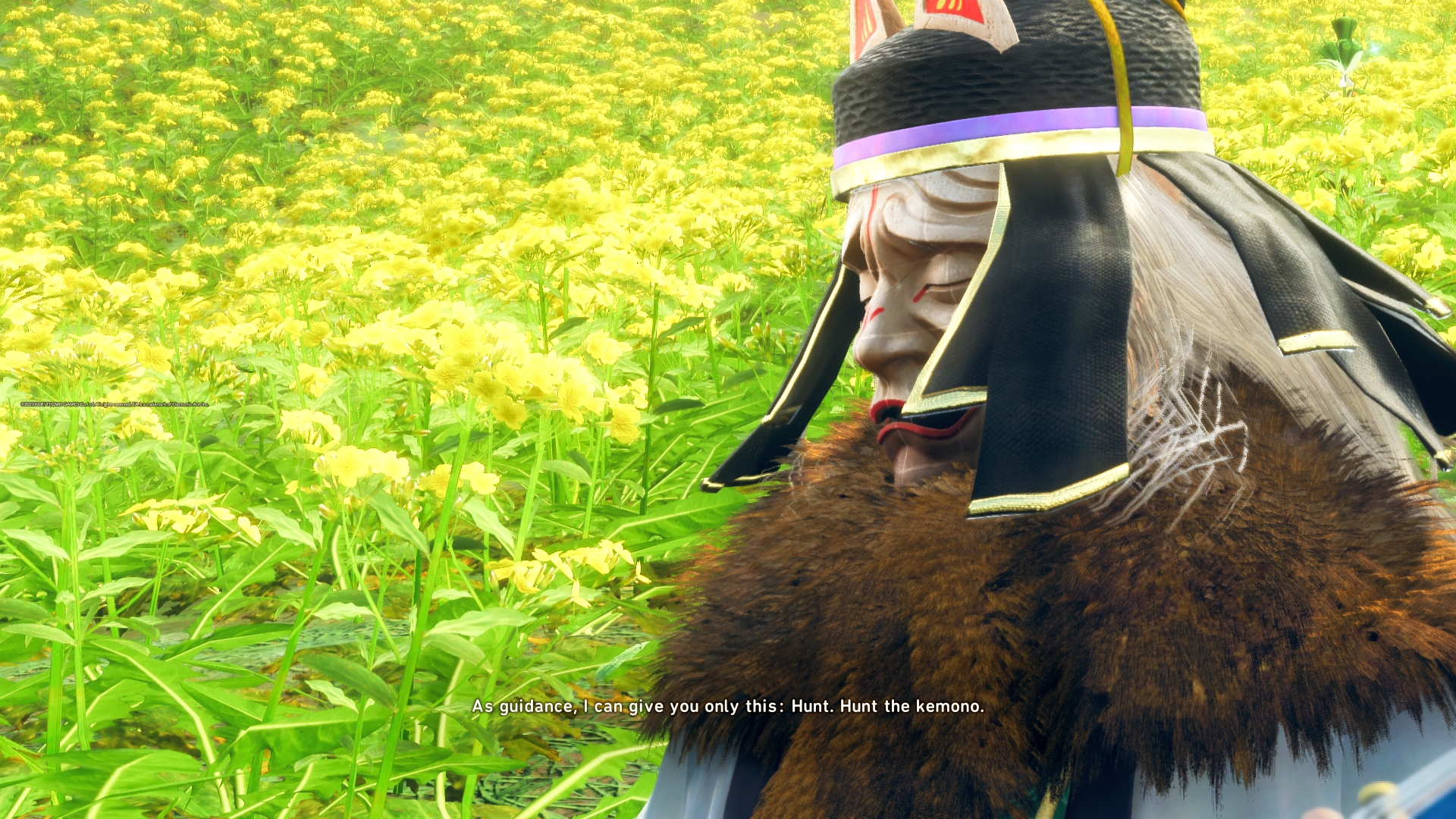
-
Wild Hearts PS5 Review #27
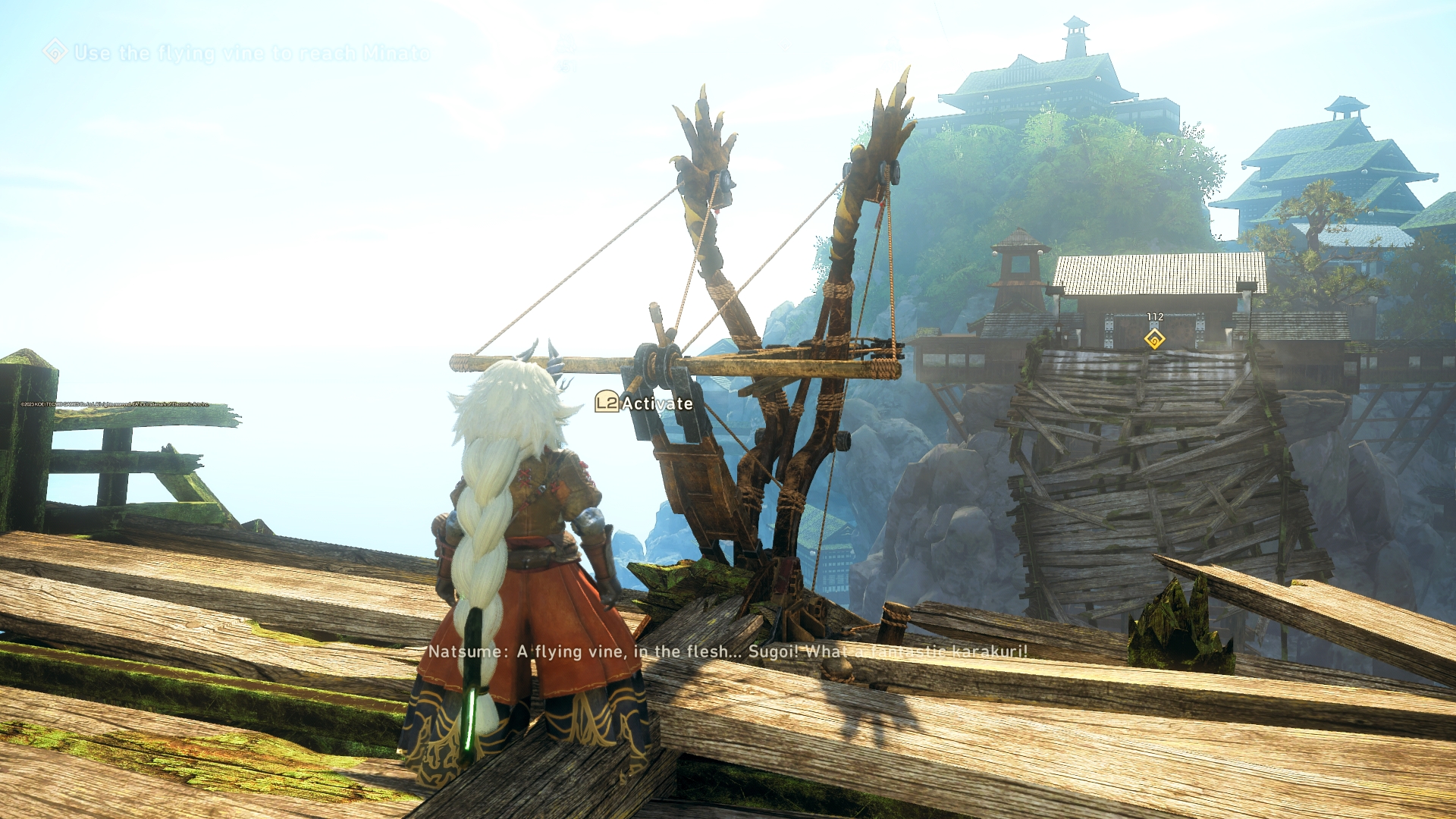
-
Wild Hearts PS5 Review #28
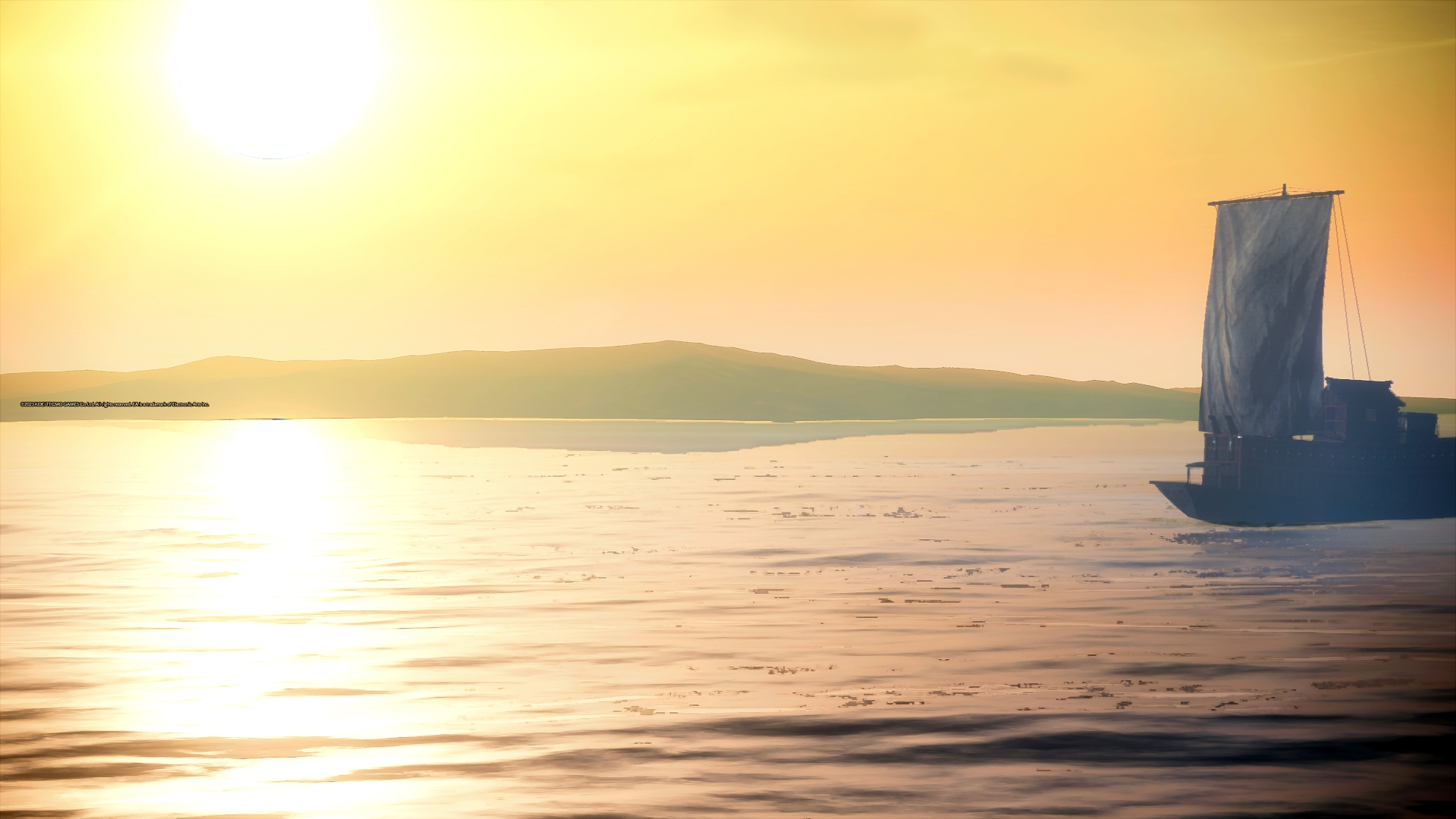
-
Wild Hearts PS5 Review #29
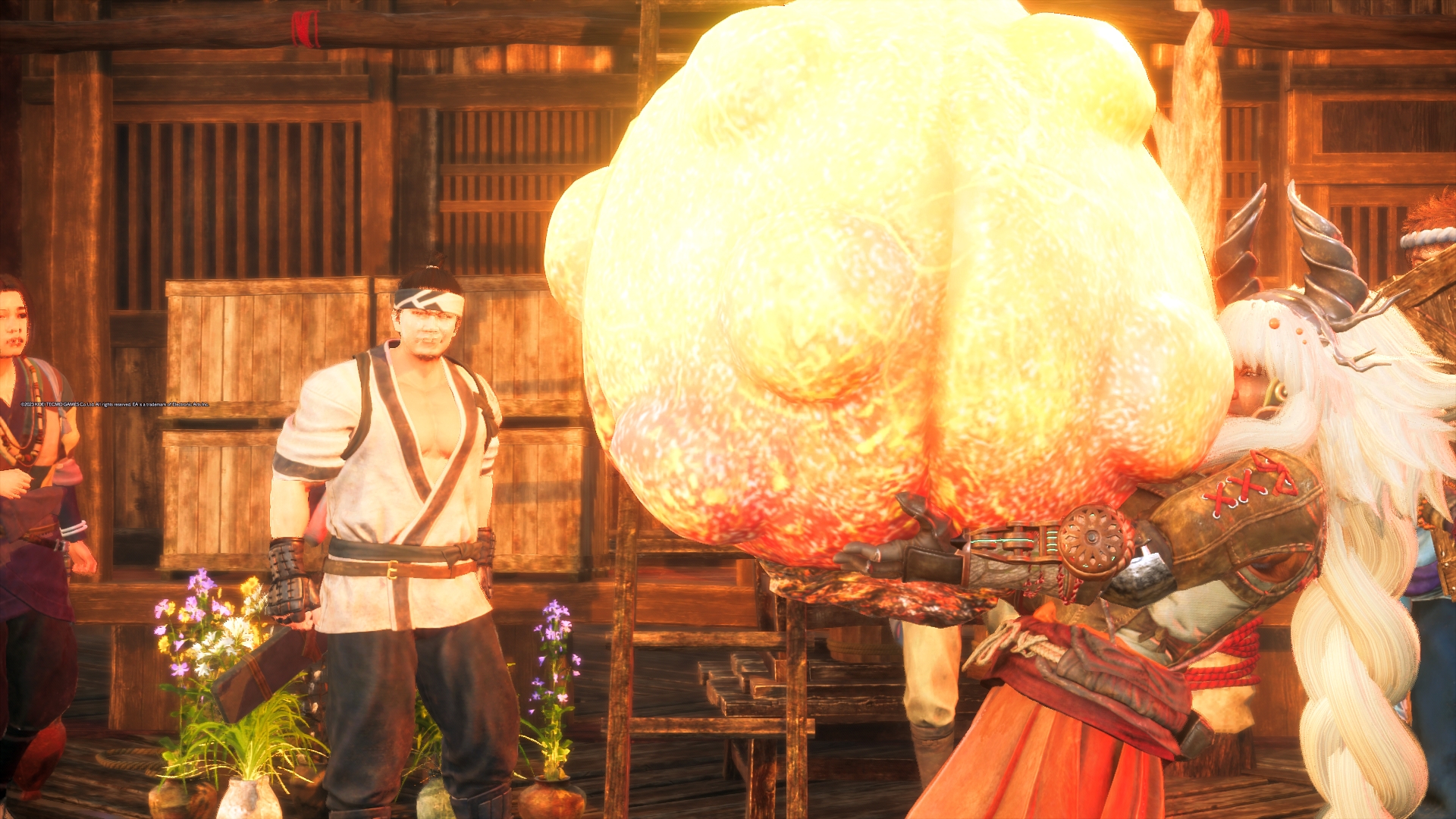
-
Wild Hearts PS5 Review #30
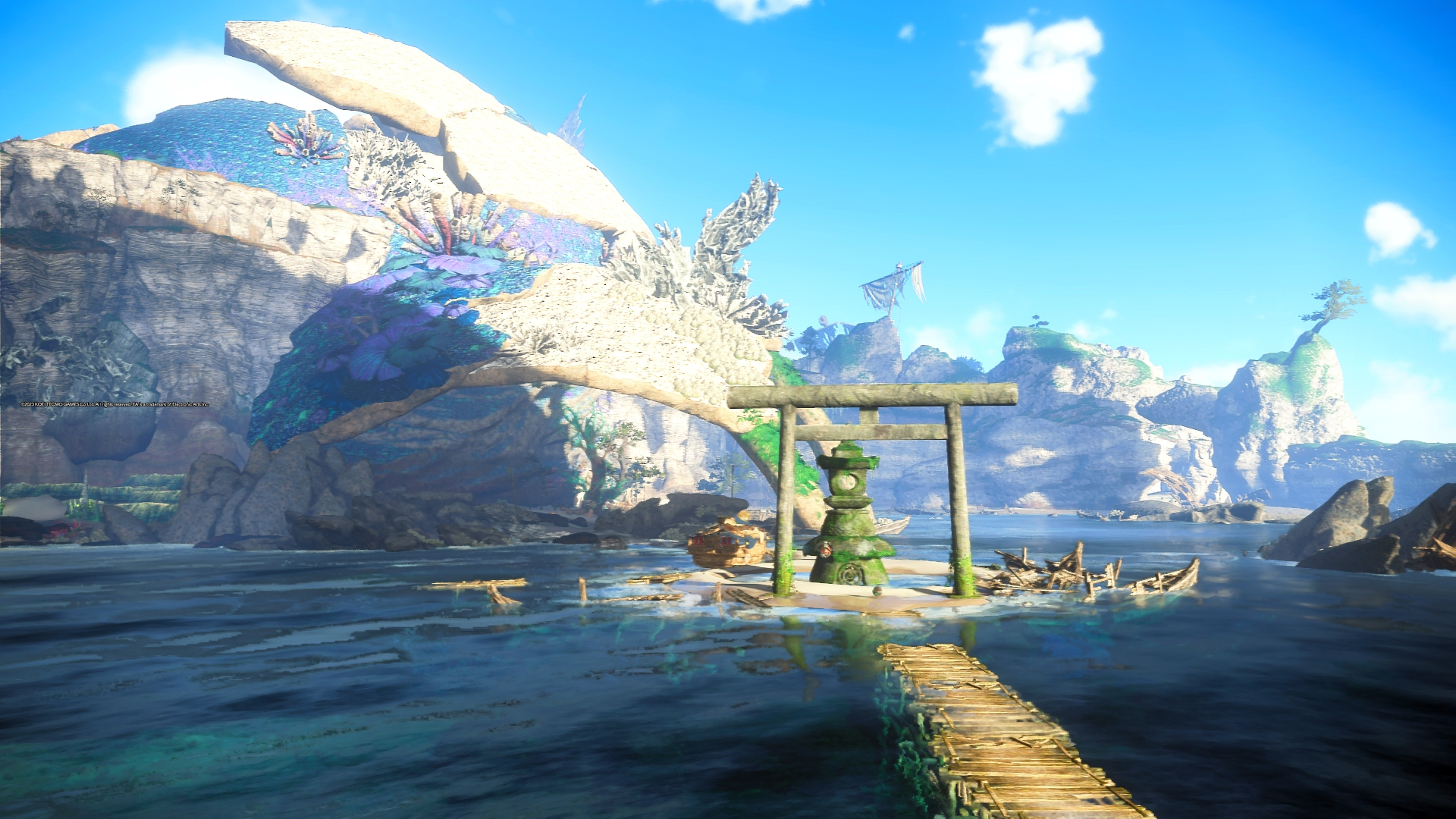
-
Wild Hearts PS5 Review #31
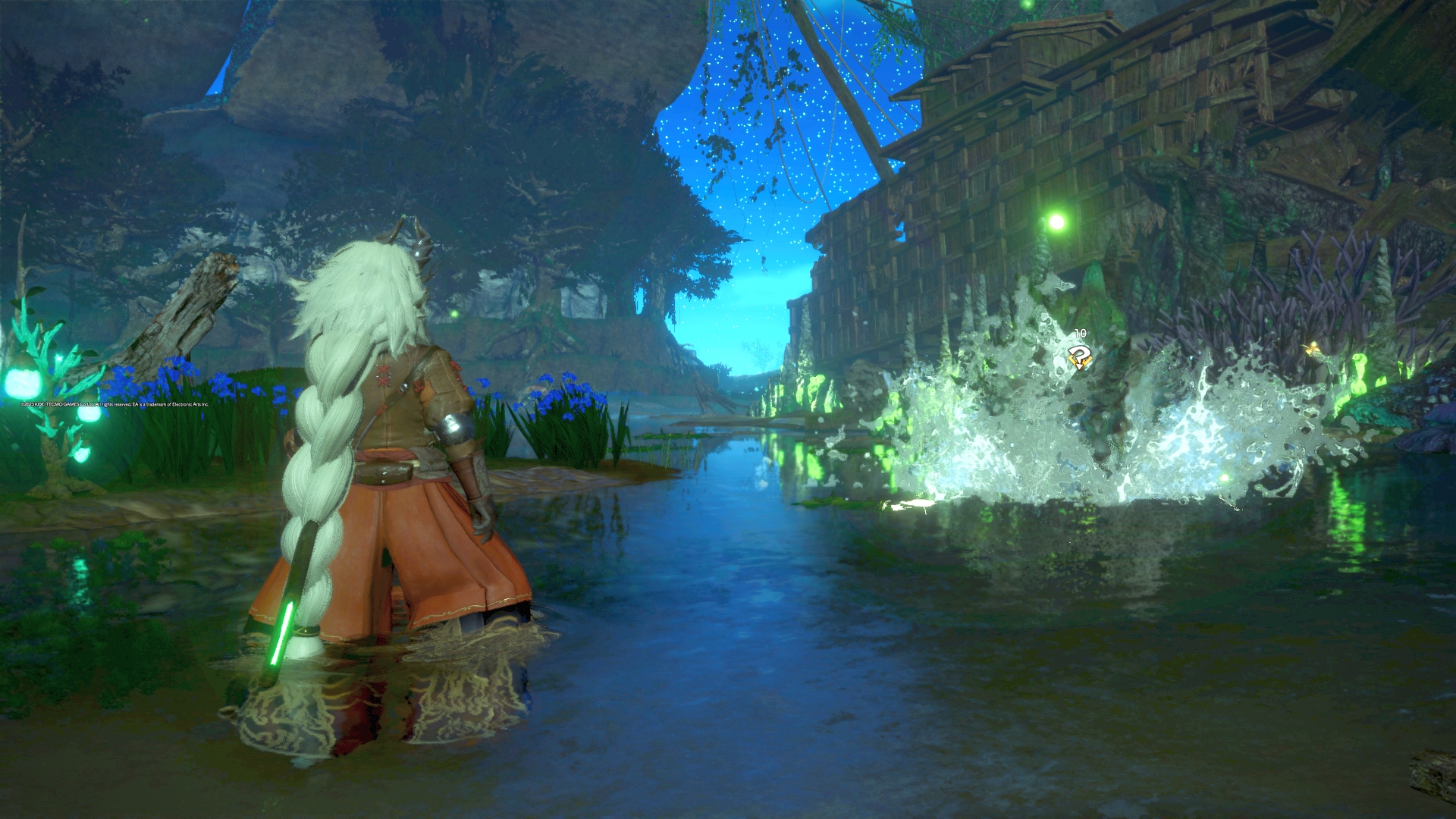
-
Wild Hearts PS5 Review #32
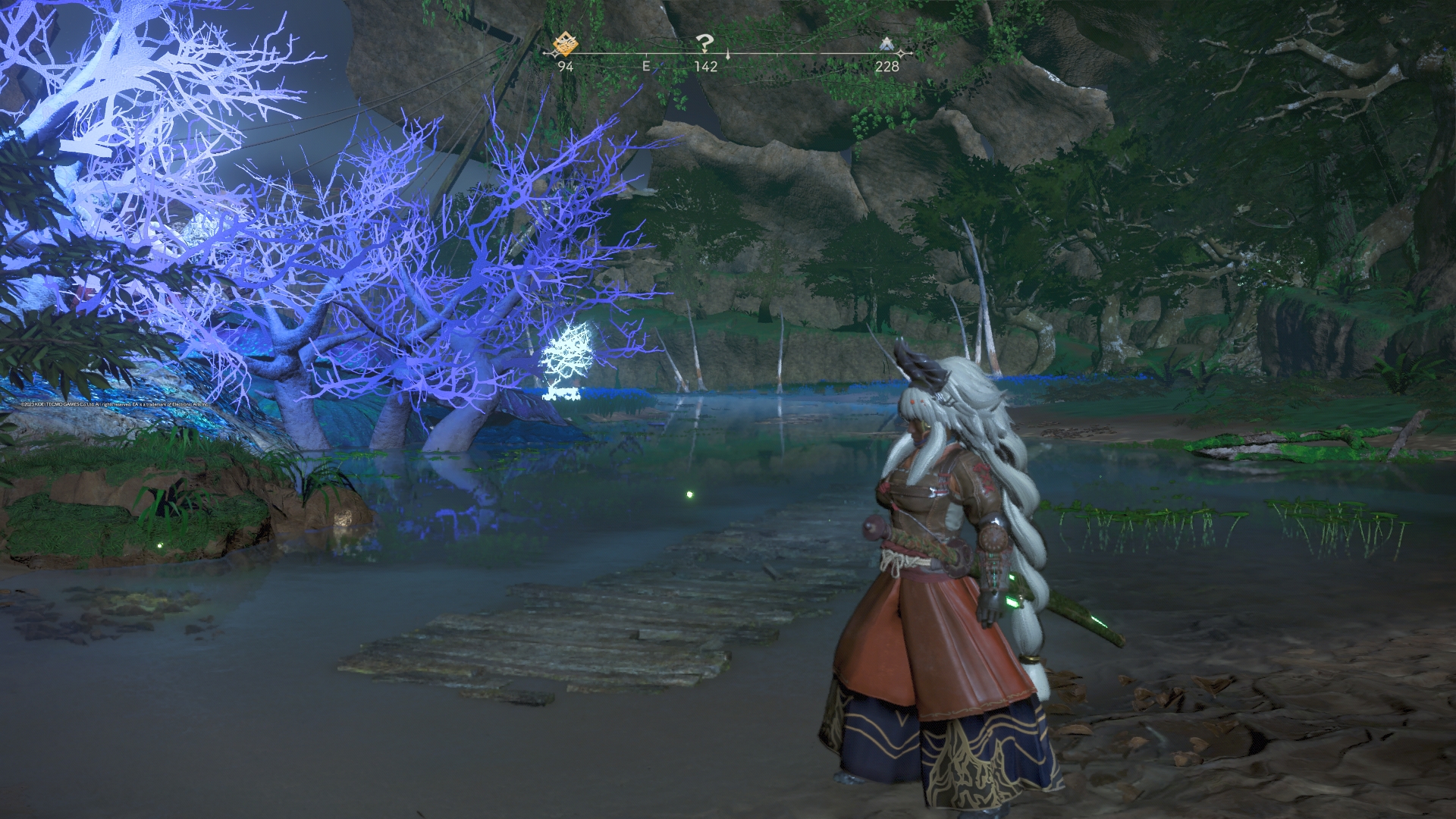
-
Wild Hearts PS5 Review #33
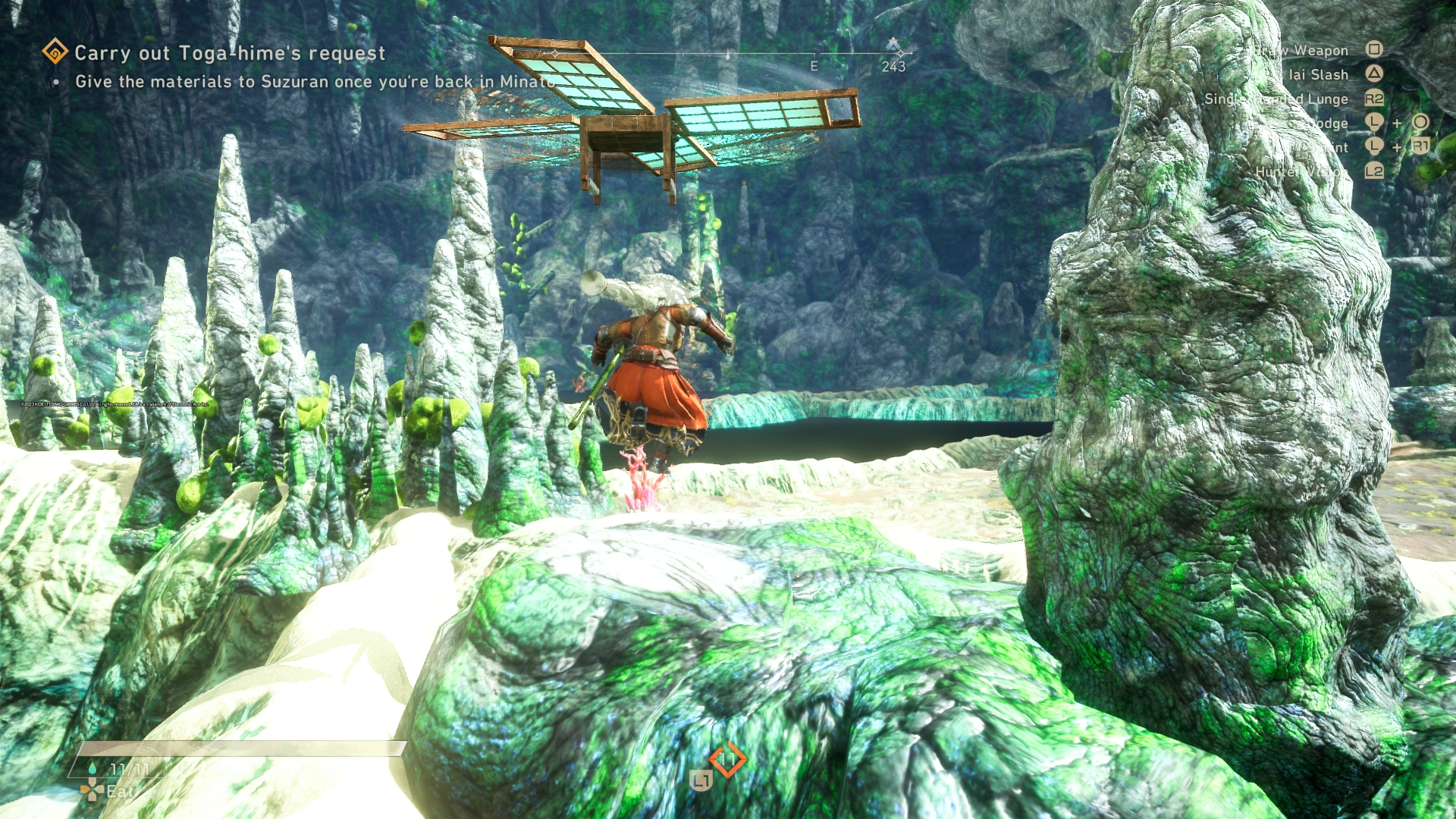
-
Wild Hearts PS5 Review #34
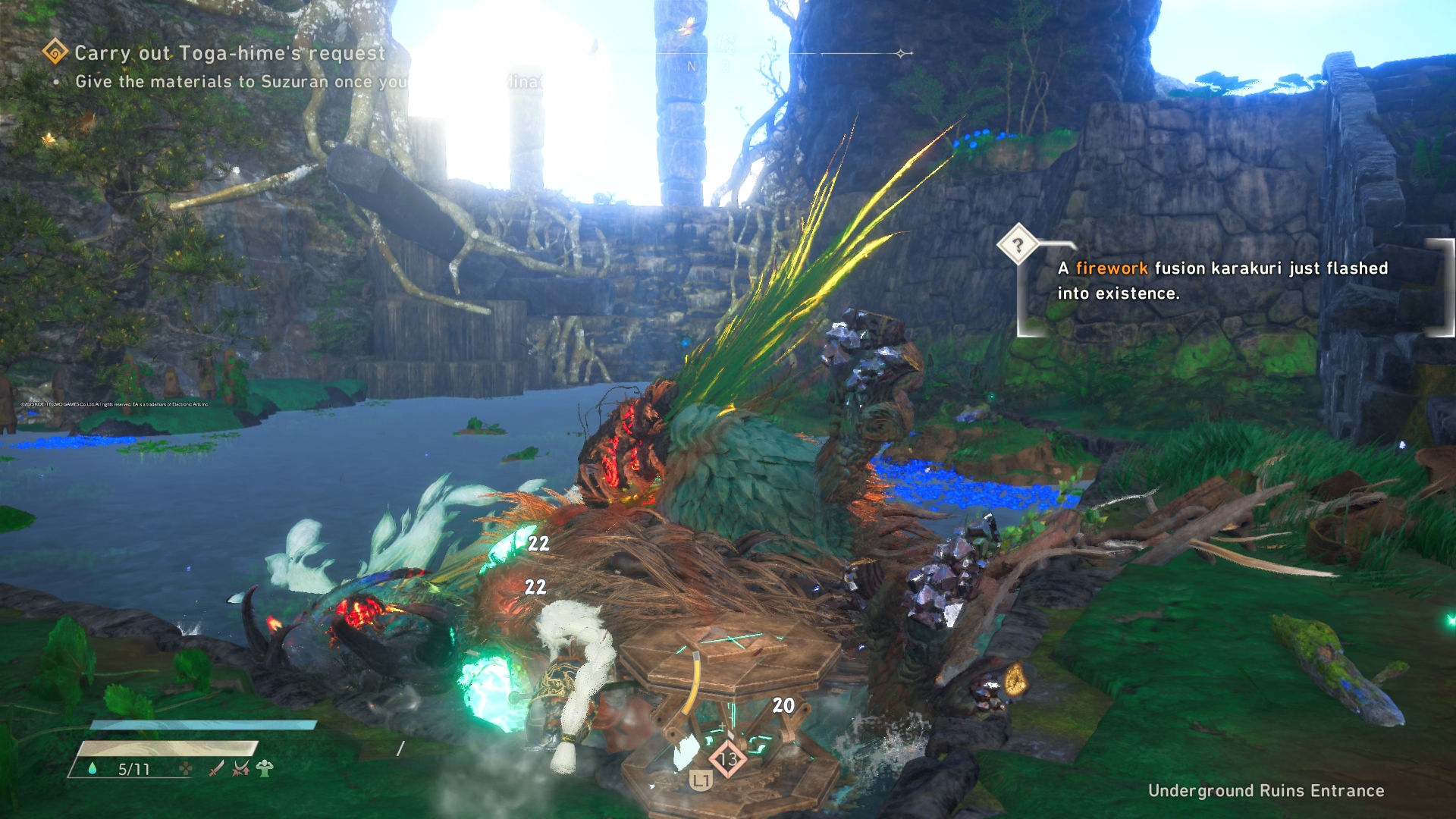
-
Wild Hearts PS5 Review #35
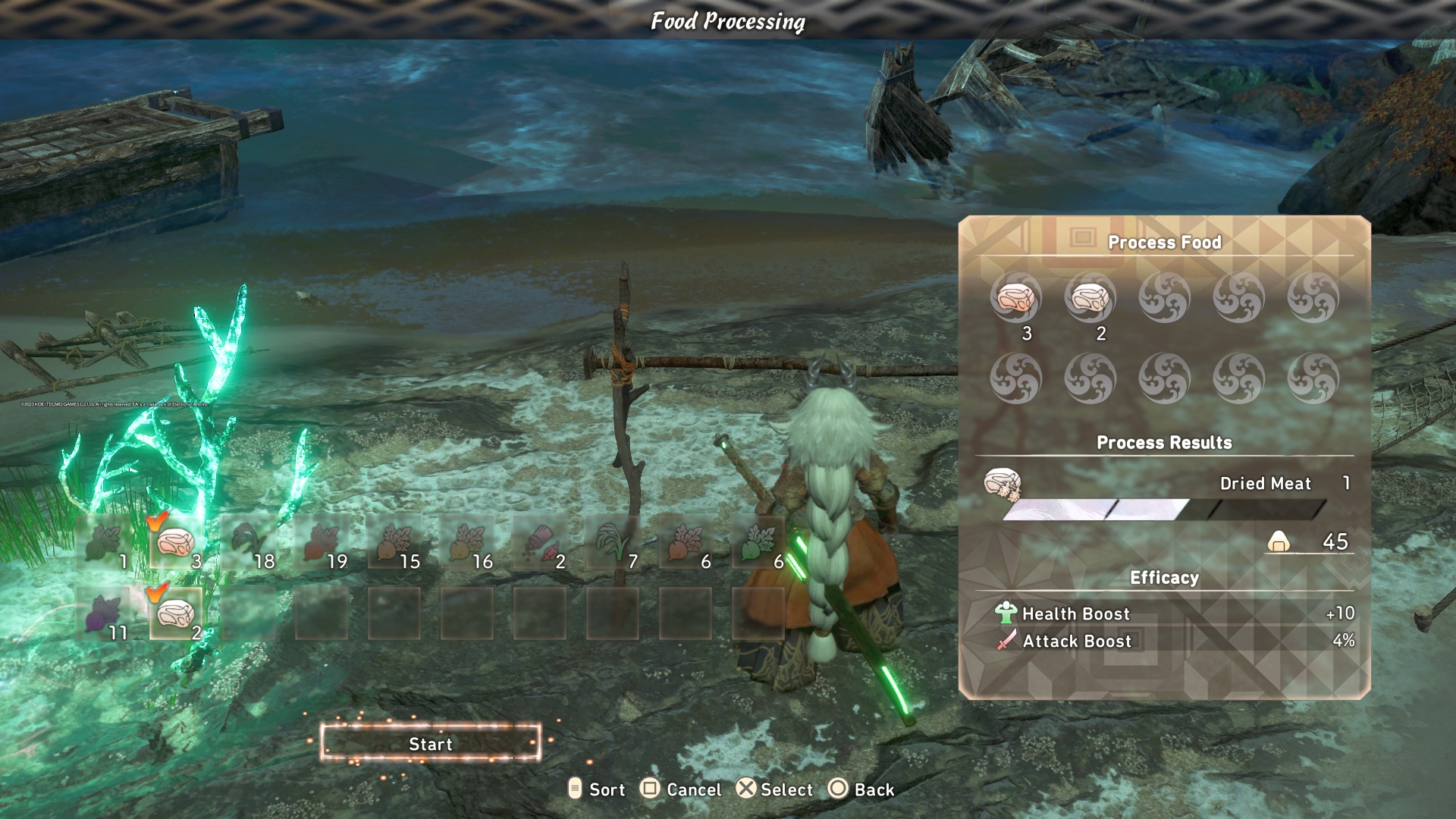
-
Wild Hearts PS5 Review #36
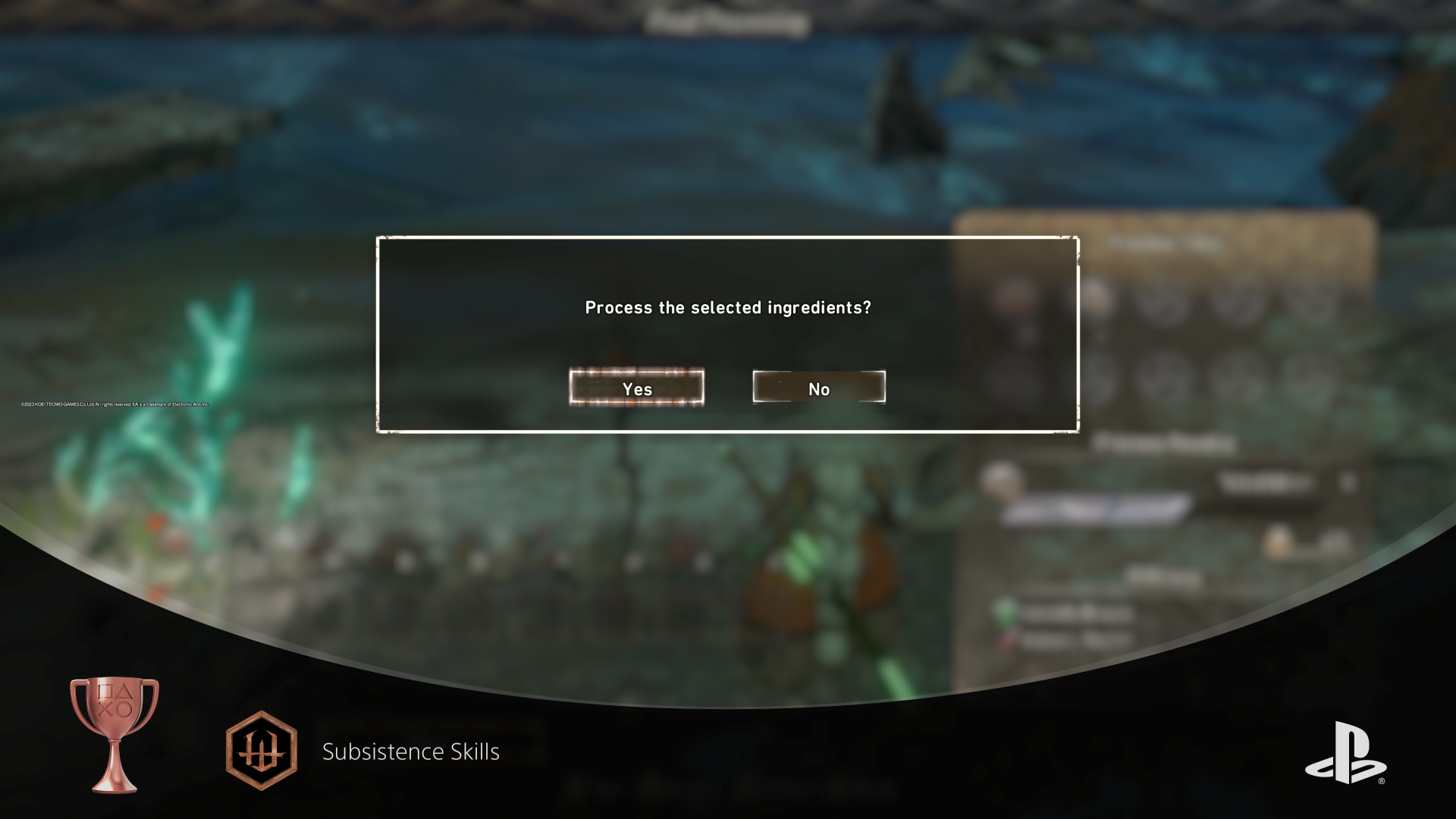
-
Wild Hearts PS5 Review #37
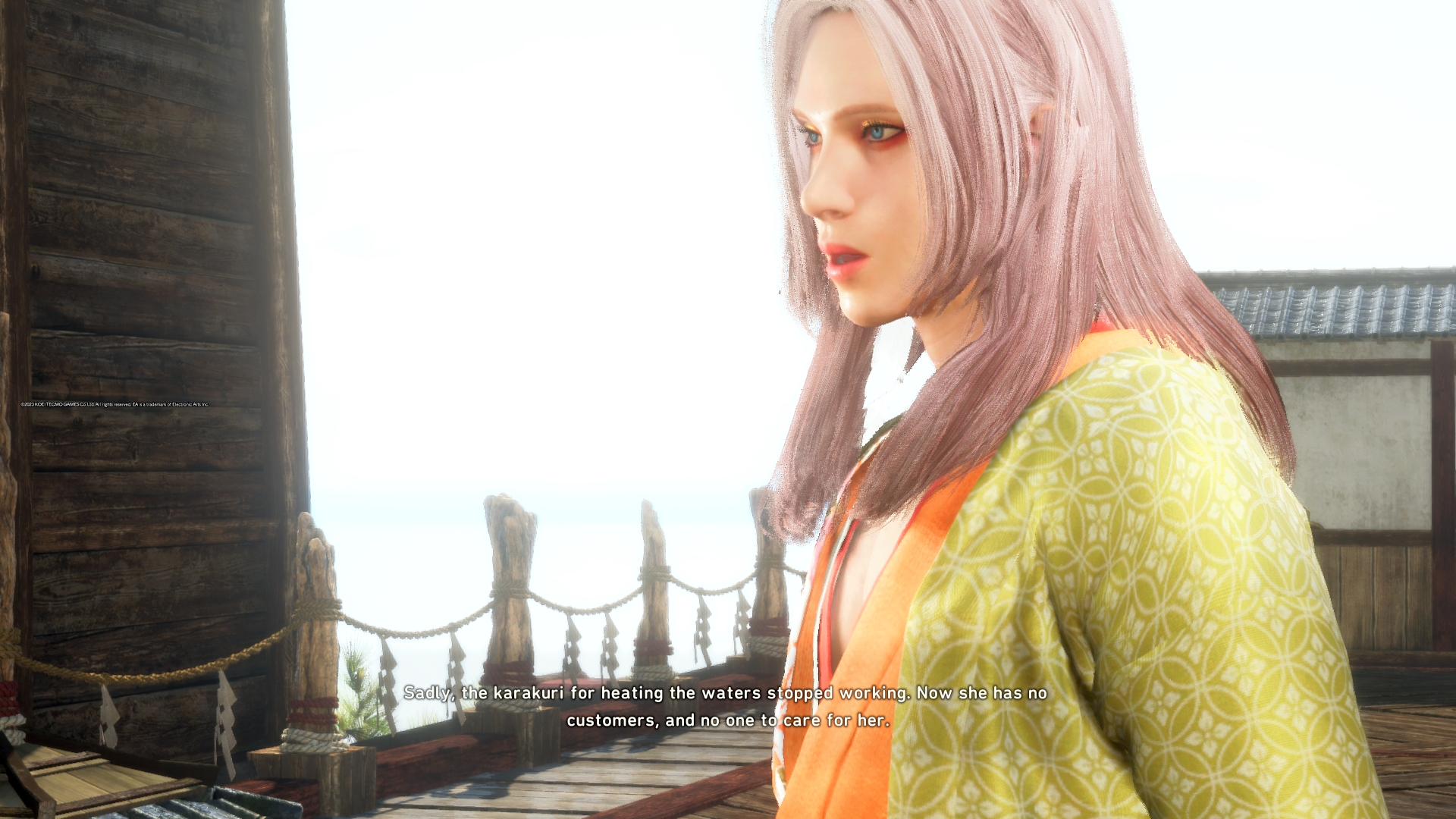
-
Wild Hearts PS5 Review #38
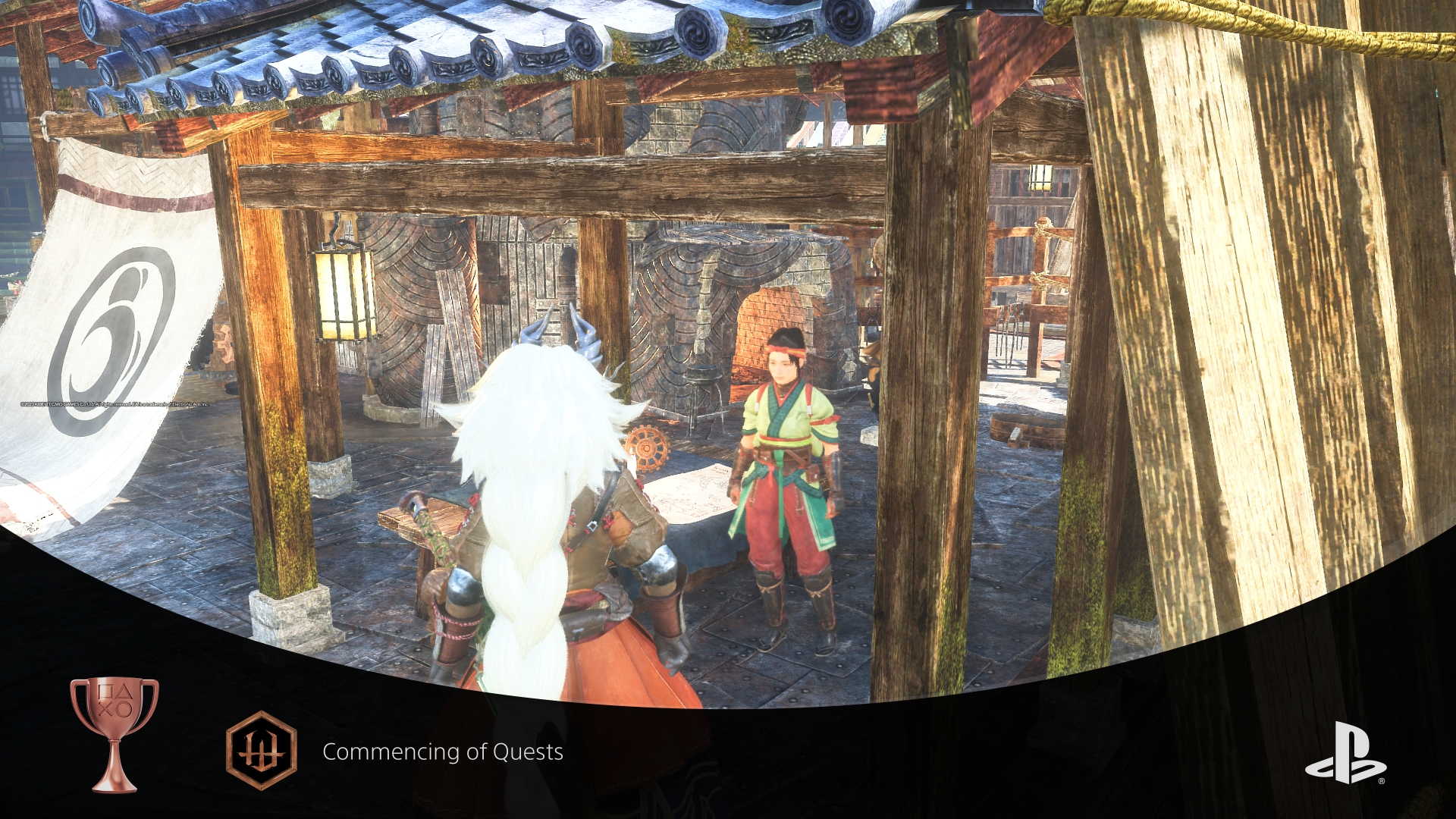
-
Wild Hearts PS5 Review #39
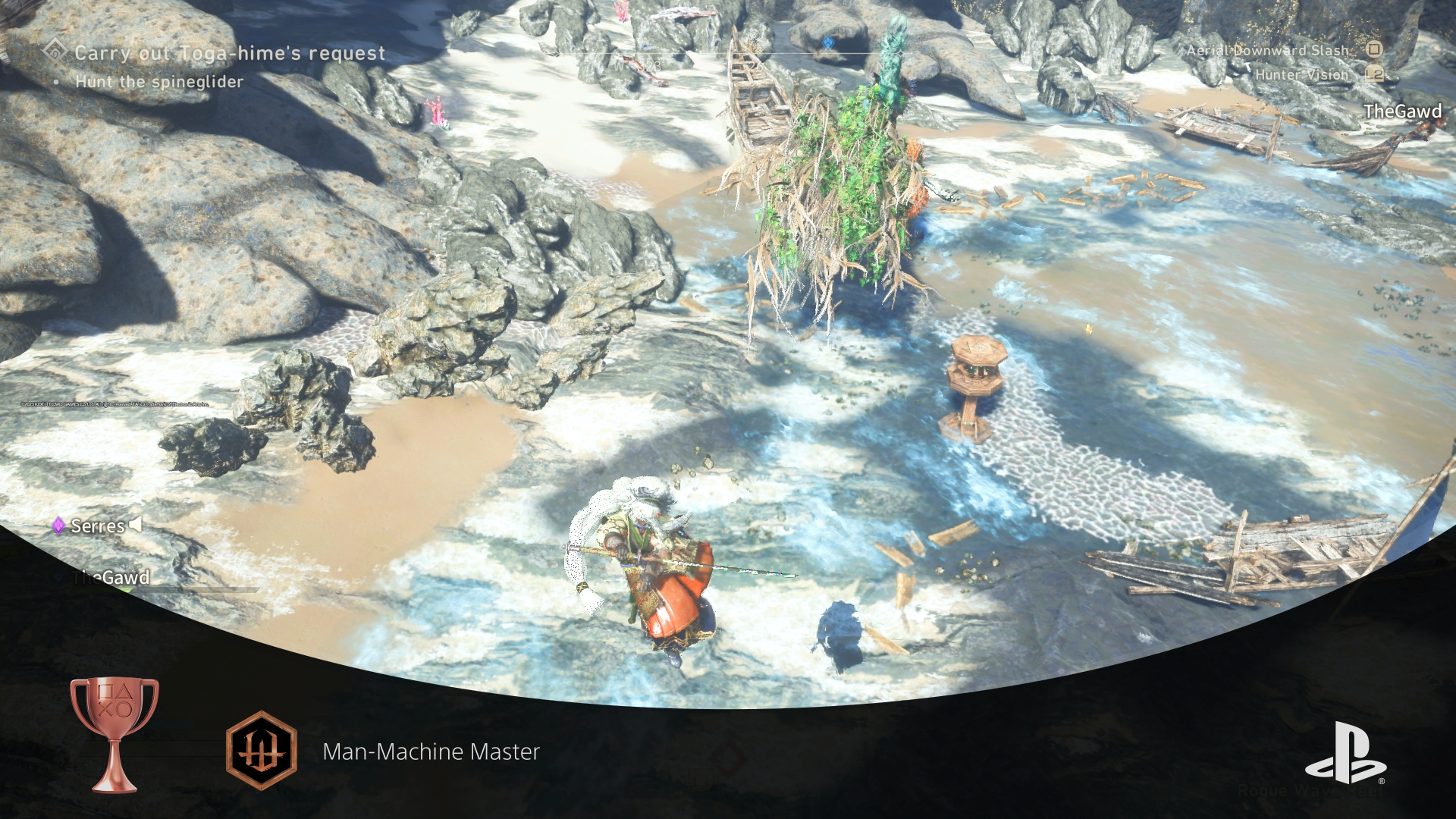
-
Wild Hearts PS5 Review #40
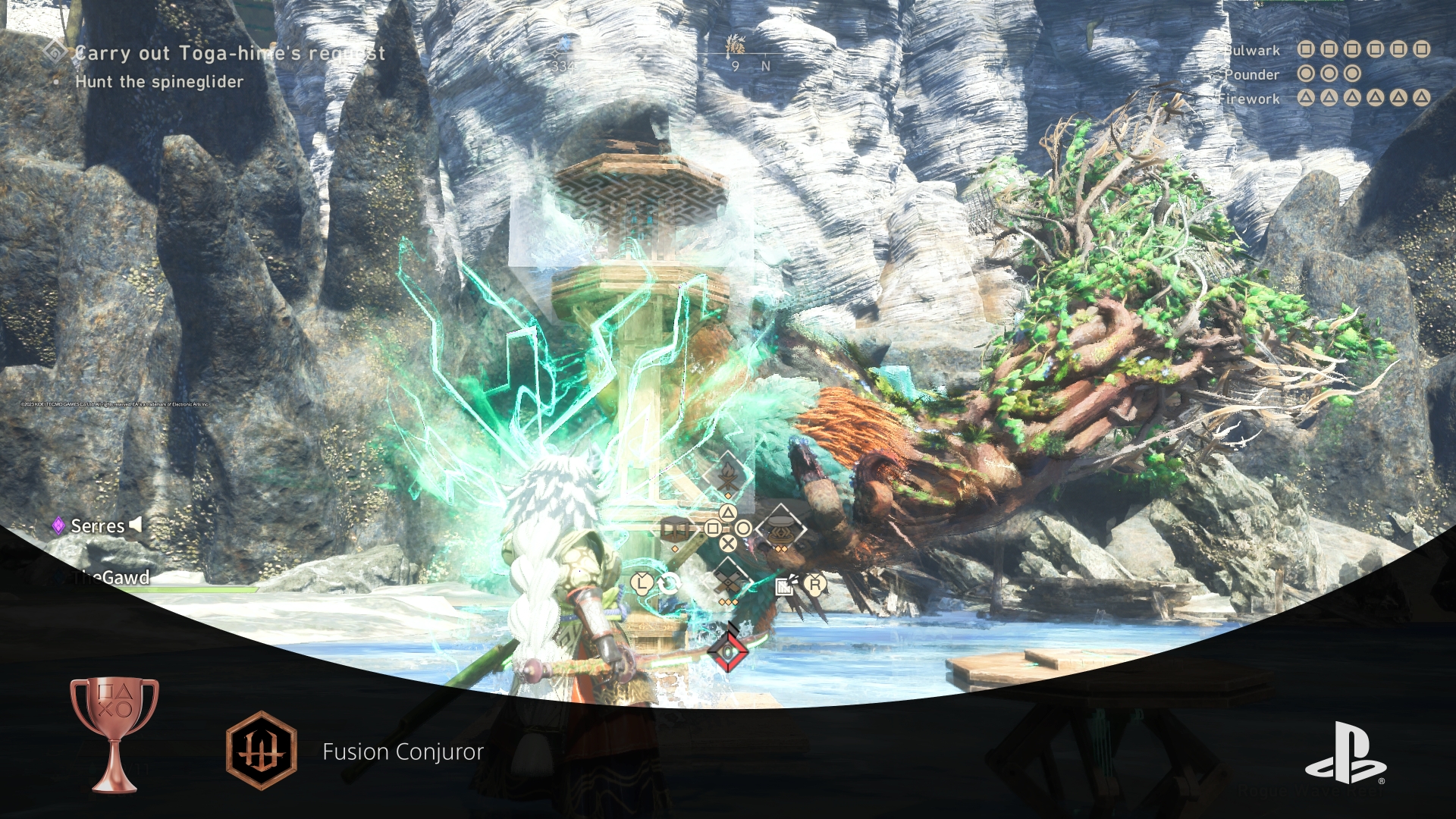
-
Wild Hearts PS5 Review #41
